The Interlagos Circuit - One of the most challenging on the F1 calendar
The Brazilian Grand Prix, a significant event in the Formula 1 calendar since 1973, is renowned for its thrilling races and cultural significance. The event is currently hosted at the challenging Autódromo José Carlos Pace in São Paulo, known for its high-speed straights and complex corners. Its unique features include the Senna 'S' - a series of turns named after the legendary Brazilian driver Ayrton Senna. The event, often influenced by unpredictable weather conditions, has witnessed memorable moments including Ayrton Senna's emotional victory in 1991 and Felipe Massa's win in 2008. Brazilian drivers like Senna, Nelson Piquet, and Felipe Massa have significantly contributed to the sport's history. The event offers an immersive experience blending high-speed action, passionate fans, and vibrant Brazilian culture.
The Brazilian Grand Prix is a significant event in the Formula 1 calendar, not only for its thrilling races but also for its rich history and cultural significance. Since its inception in 1973, the Brazilian Grand Prix has been a stage for some of the most memorable moments in Formula 1 history. It has been hosted in two separate locations, one track in Rio, and the other in Sao Paulo, each with their unique distinct characters that challenge drivers in different ways.
The Brazilian Grand Prix holds a special place in the F1 calendar. It's not just a race; it's a celebration of speed, skill, and the indomitable spirit of competition. The Brazilian GP often serves as the season finale, adding an extra layer of excitement and tension to the event. The unpredictable weather conditions in Brazil also add an element of unpredictability to the races, making them even more thrilling to watch.
Description of the Brazilian circuit and its layout
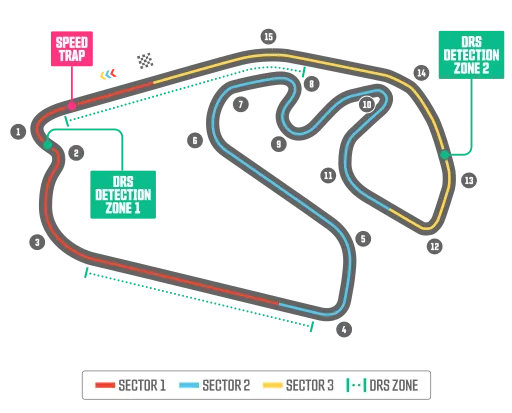
The Brazilian Grand Prix is currently held at the Autódromo José Carlos Pace, also known as Interlagos. The circuit is located in the city of São Paulo and is named after Brazilian Formula One driver José Carlos Pace. The track is known for its challenging layout which includes a mix of high-speed straights and complex corners. The circuit's anti-clockwise direction, elevation changes, and long, fast sections followed by slow infield portions make it one of the most challenging in Formula 1.
Brazilian track map and unique features
The Autodromo Jose Carlos Pace is characterized by its unique combination of long, fast straights and tight, challenging corners. The track is 4.309 kilometers long and consists of 15 turns in total. The most notable features of the track are its long, downhill start-finish straight followed by the Senna 'S' - a complex series of turns named after the legendary Brazilian driver Ayrton Senna.
Weather predictions for the Brazilian GP during the race weekend
Weather conditions during the month of November have shown some variability over the years. In general, November in São Paulo, where the race takes place, marks the transition from the dry season to the wet season. While temperatures are typically mild to warm, ranging from around 20 to 27 degrees Celsius (68 to 81 degrees Fahrenheit), rainfall can be significant. Rain showers and thunderstorms are not uncommon during this time, and they can sometimes be heavy and persistent.
The current weather in São Paulo:
Brazilian GP lap record and its history
The current lap record at Autodromo Jose Carlos Pace is held by Valtteri Bottas, who set a time of 1:10.540 during the 2018 Brazilian Grand Prix. However, the history of the lap record is a testament to the evolution of Formula 1, with the fastest lap times consistently decreasing as advancements in technology and driver skill have progressed.
Memorable moments from past Brazilian GP events
The Brazilian Grand Prix has been the stage for many memorable moments in Formula 1 history. One such moment was Ayrton Senna's emotional victory in 1991, where he won the race while driving his race car stuck in 6th gear. Another unforgettable moment was in 2008, when Felipe Massa won the race, only to lose the championship to Lewis Hamilton by a single point.
Past Brazilian Grand Prix winners
The Brazilian Grand Prix has seen many great winners over the years. Alain Prost holds the record for the most wins at the Brazilian GP, with six victories to his name. Other notable winners include local heroes Ayrton Senna and Felipe Massa, as well as modern-day champions like Lewis Hamilton and Max Verstappen.
Brazilian F1 drivers and their achievements
Brazil has produced some of the greatest drivers in Formula 1 history. Ayrton Senna, arguably one of the greatest drivers of all time, won three World Championships and is still revered for his exceptional talent and charisma. Nelson Piquet, another Brazilian champion, also won three World Championships. More recently, Felipe Massa has carried the hopes of the nation, with 11 Grand Prix wins and a narrow miss of the World Championship in 2008.
Navigating Brazilian time and time zone considerations
Brazil operates on Brasília time, which is 3 hours behind Coordinated Universal Time (UTC-3). It's important for international visitors to adjust their schedules accordingly to ensure they don't miss any of the action.
Suggested accommodations and travel tips for Brazilian GP
São Paulo, where the Autodromo Jose Carlos Pace is located, offers a wide range of accommodations to suit all budgets. It's recommended to book your accommodation well in advance due to the high demand during the Grand Prix weekend. As for travel, São Paulo has an extensive public transportation system, but traffic can be heavy, so plan your journeys to the circuit accordingly.
Interesting facts related to the Brazilian Grand Prix
The Brazilian Grand Prix is filled with interesting facts and trivia. For instance, local hero Ayrton Senna never won at Interlagos until 1991, despite his exceptional career. The Autodromo Jose Carlos Pace is also one of a few on the calendar that runs anti-clockwise, providing a unique challenge for the drivers.
The Brazilian Grand Prix is a cornerstone event in the Formula 1 calendar, known for its challenging circuit and unpredictable weather. With a rich history of memorable moments and legendary winners, the Brazilian GP continues to be a highlight of the F1 season. From the early victories of Alain Prost to the modern-day battles between Lewis Hamilton and Max Verstappen, the Brazilian GP never fails to deliver excitement and drama.
As we look forward to the 2023 Brazilian Grand Prix, we can expect more thrilling races, unforgettable moments, and perhaps a new page in the history of this iconic event. Whether you're a seasoned F1 fan or new to the sport, the Brazilian GP offers a unique blend of high-speed action, passionate fans, and a vibrant cultural experience. It's not just a race; it's a celebration of the spirit of Formula 1.
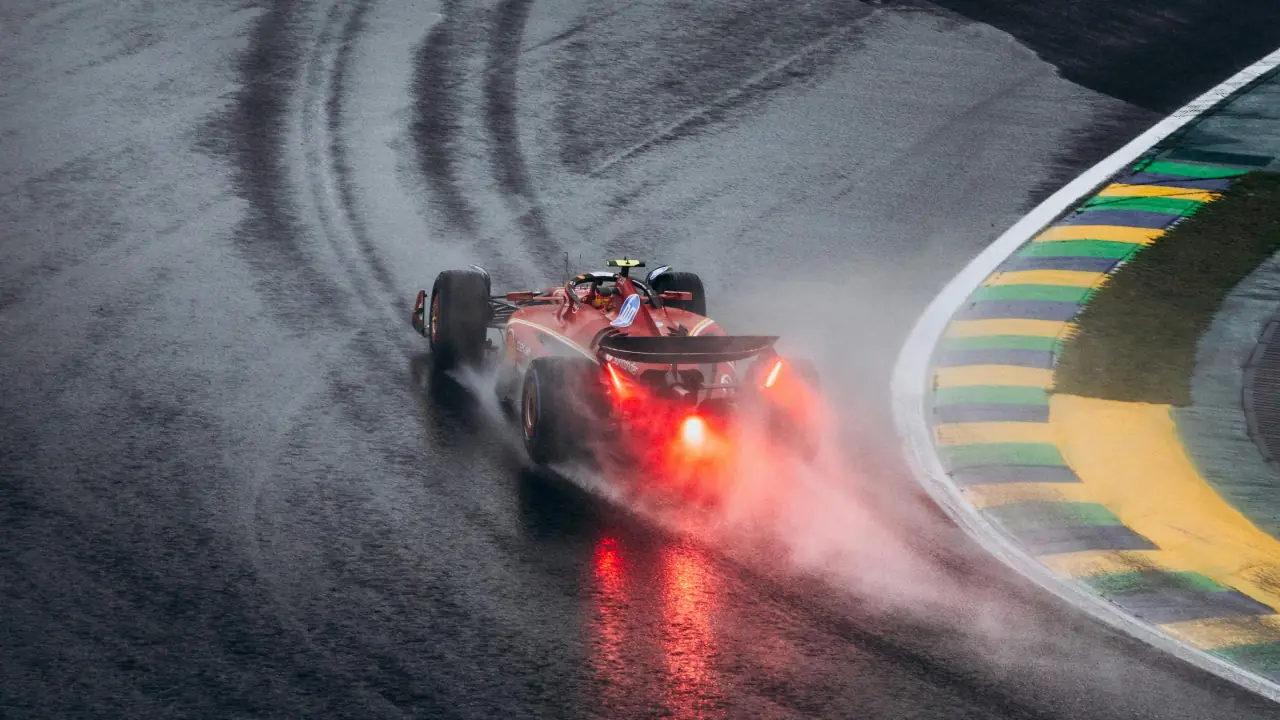
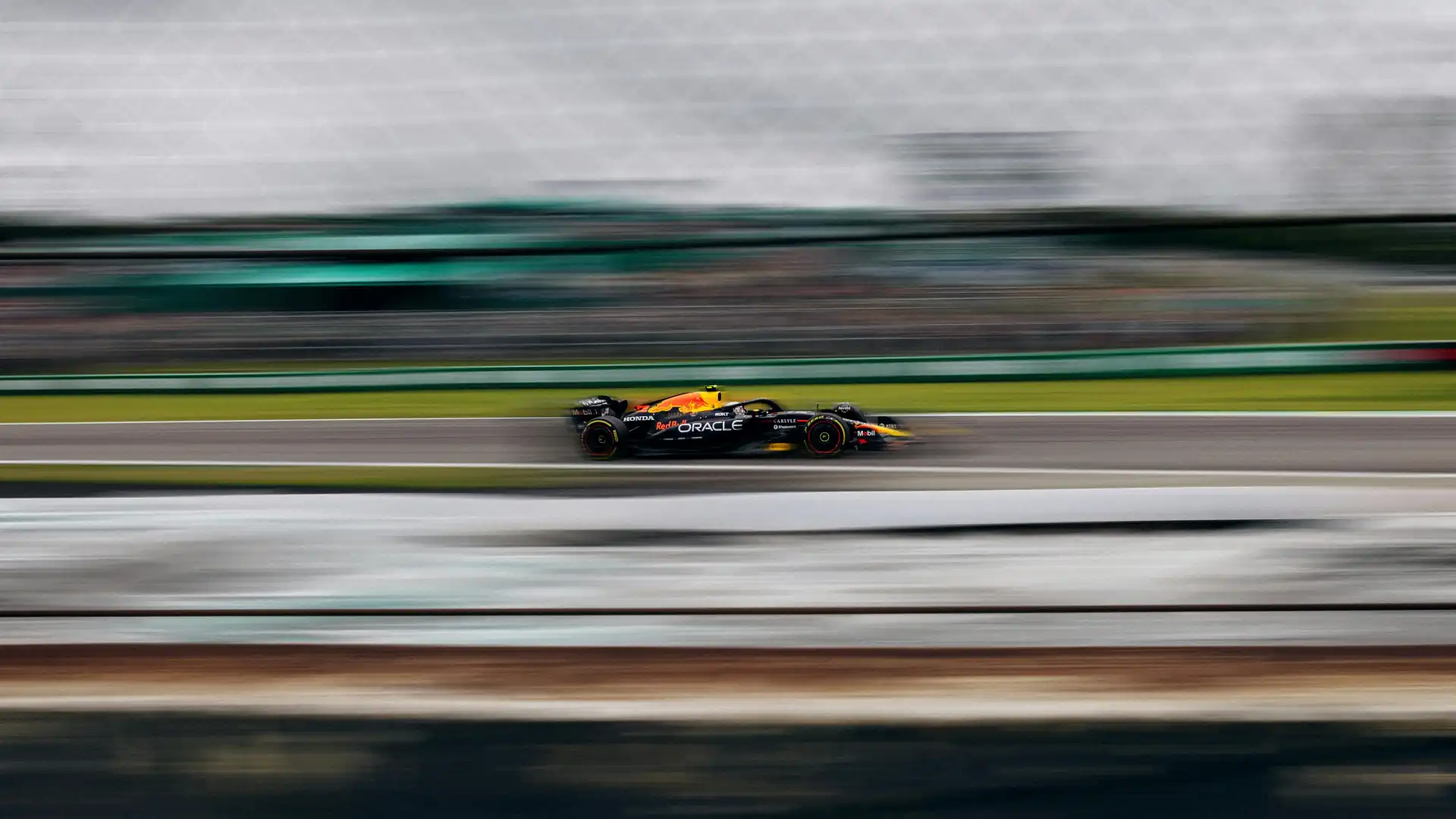
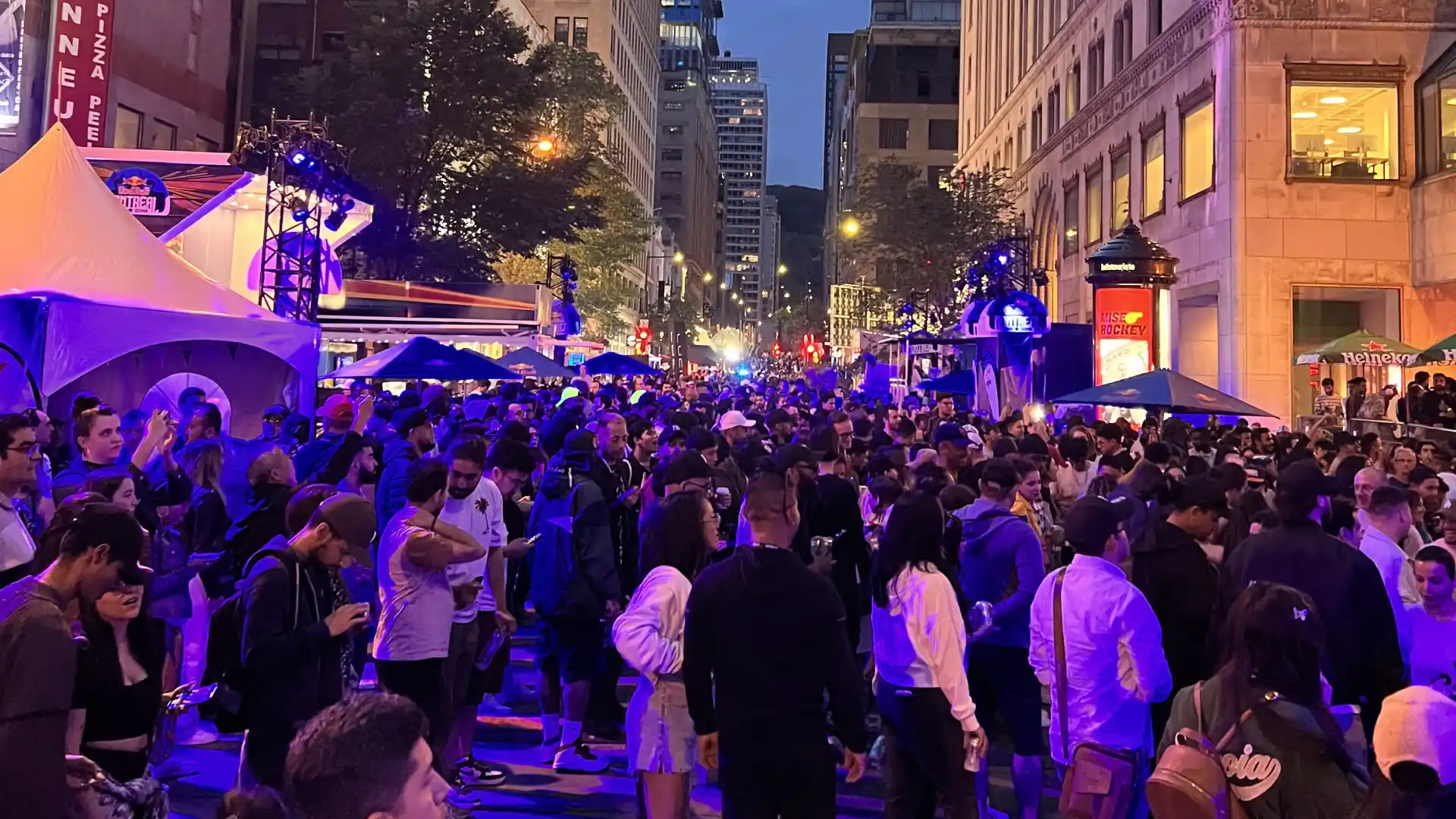
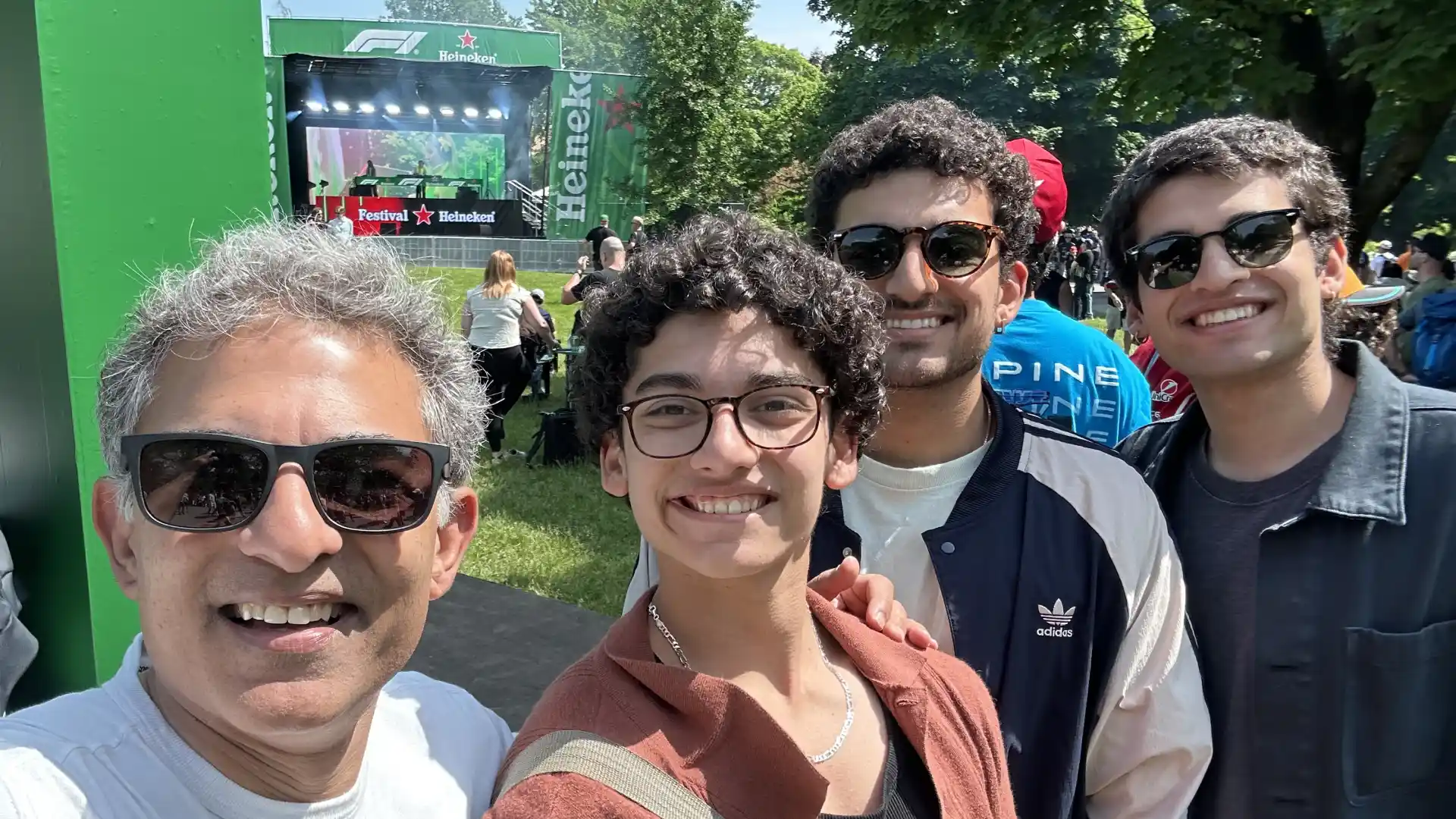
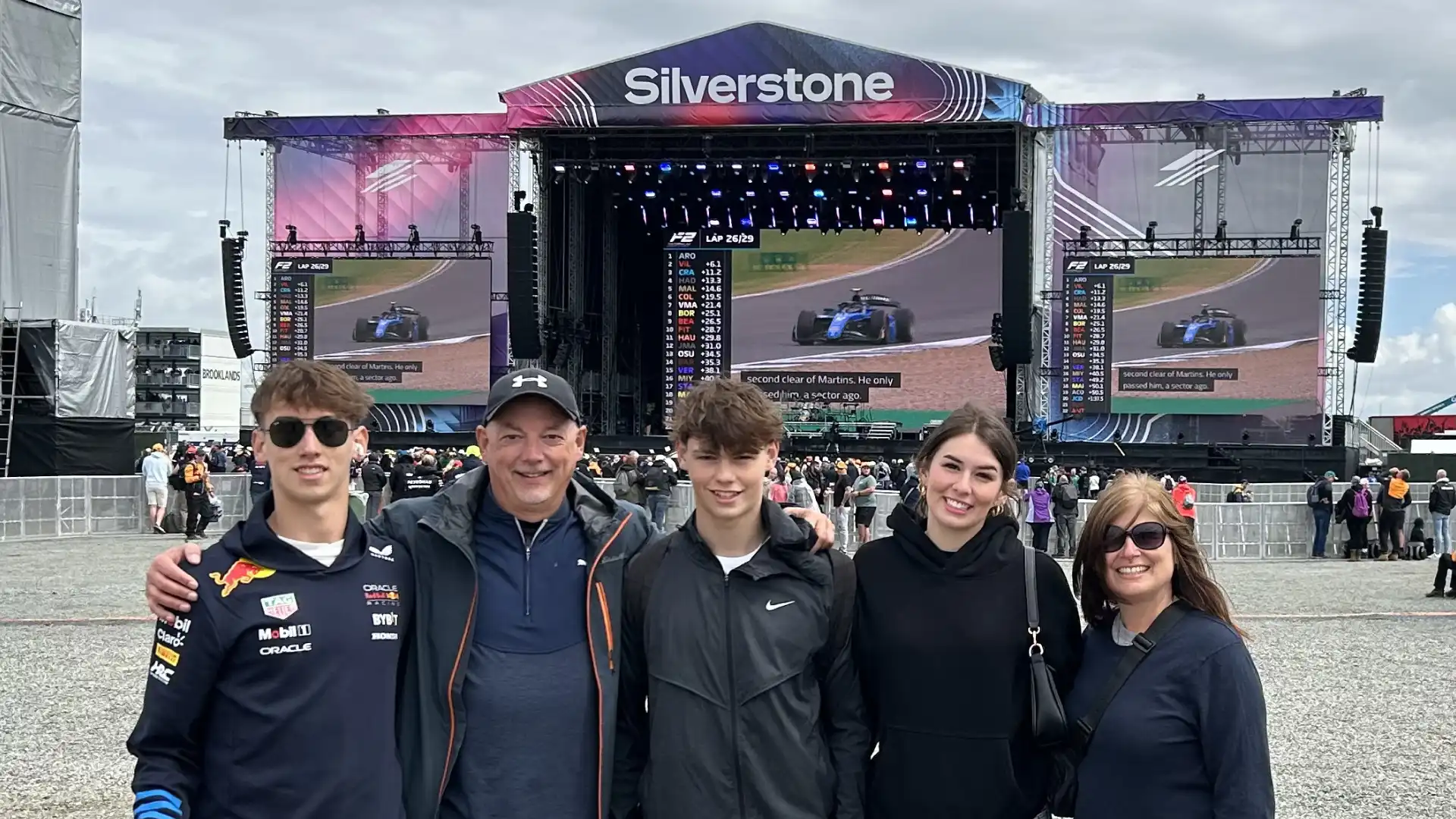
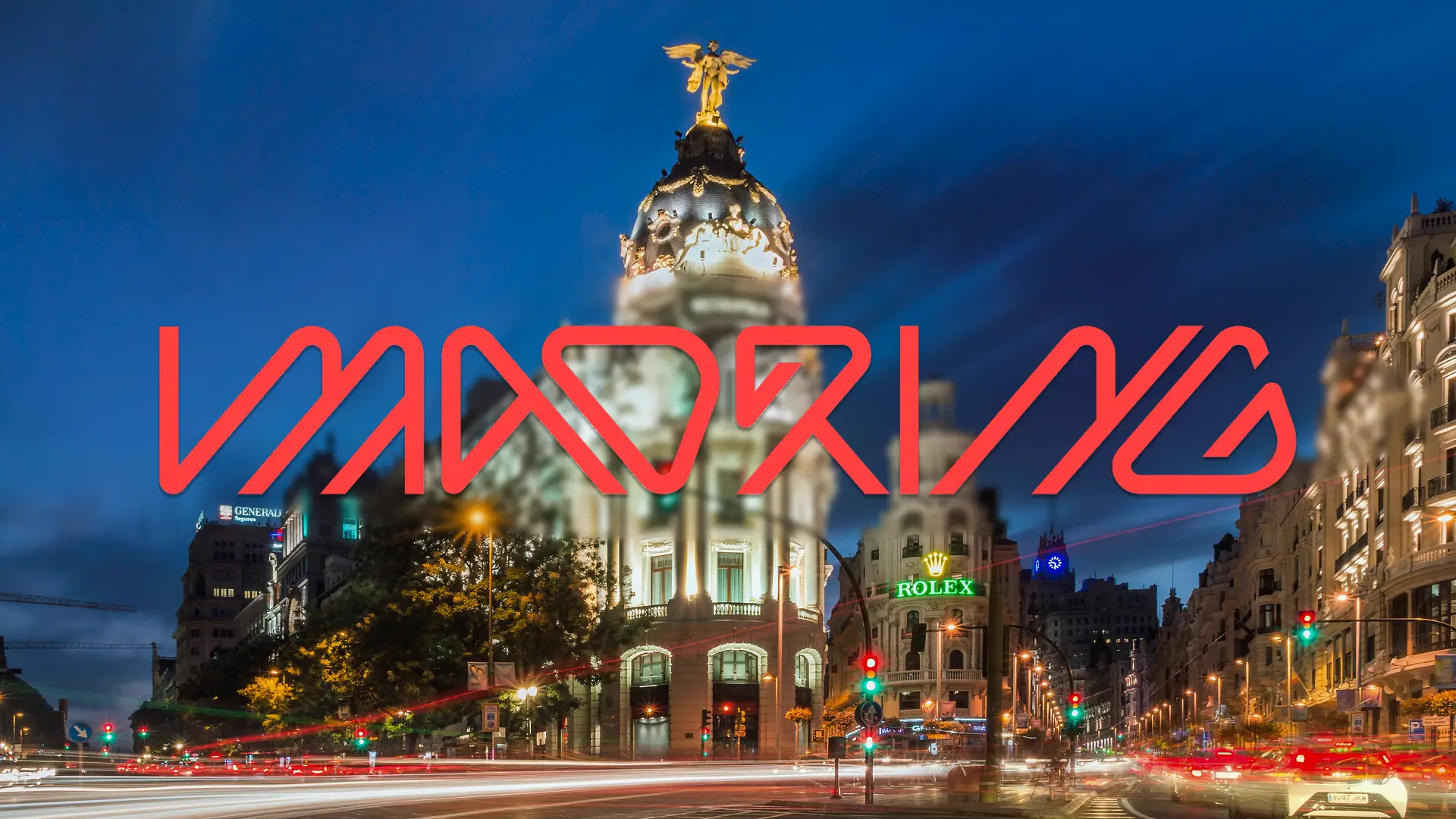
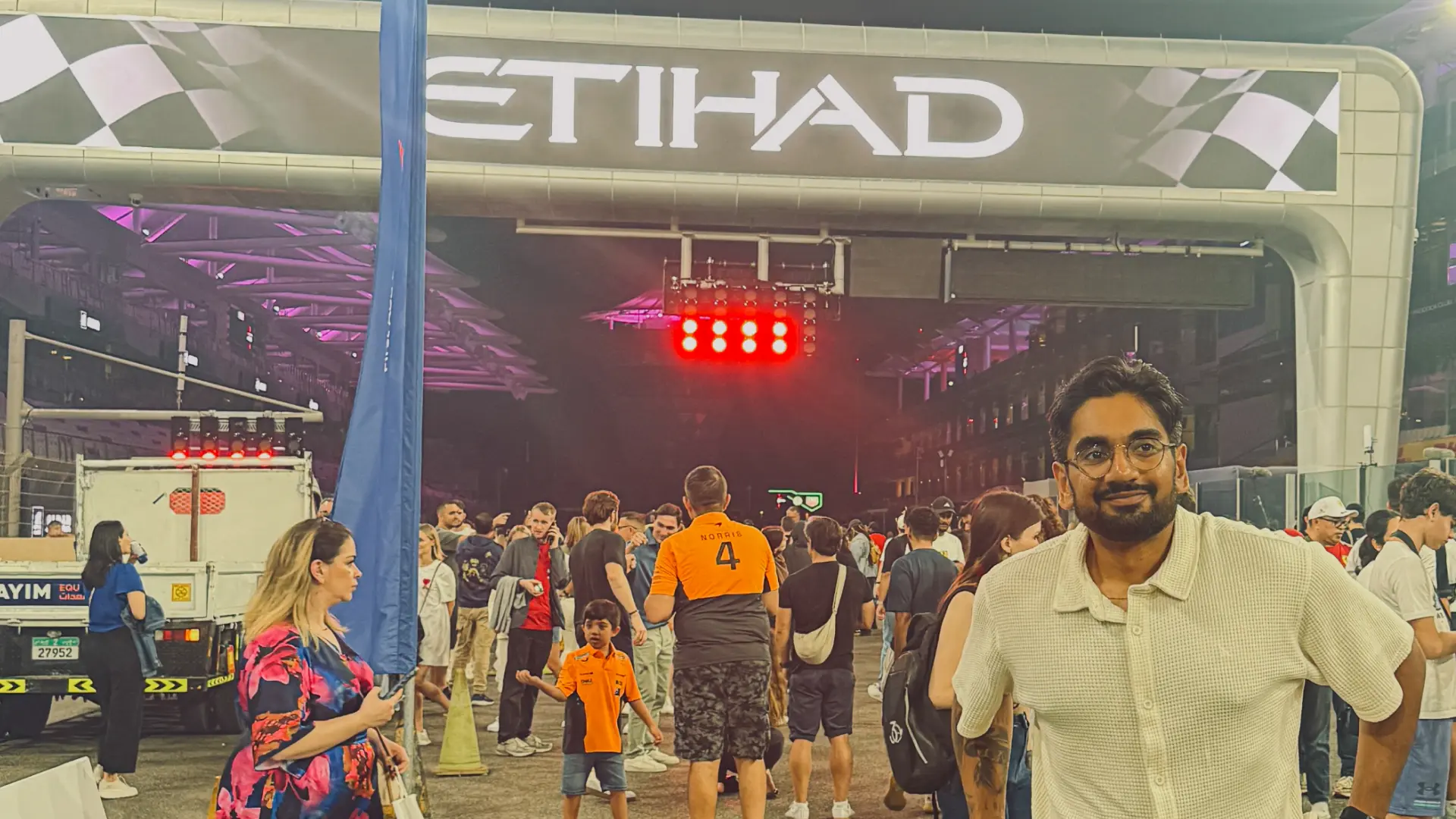
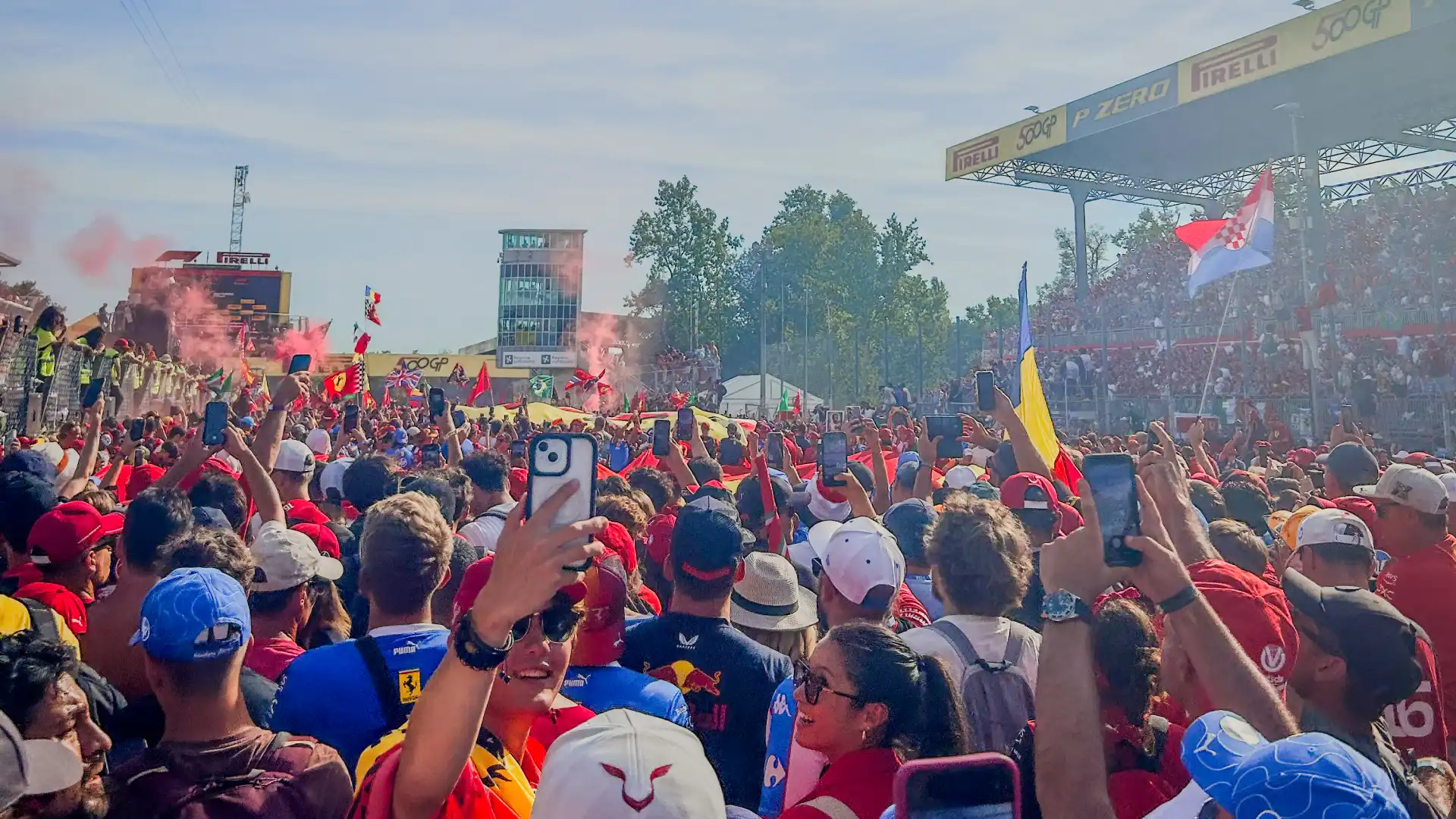
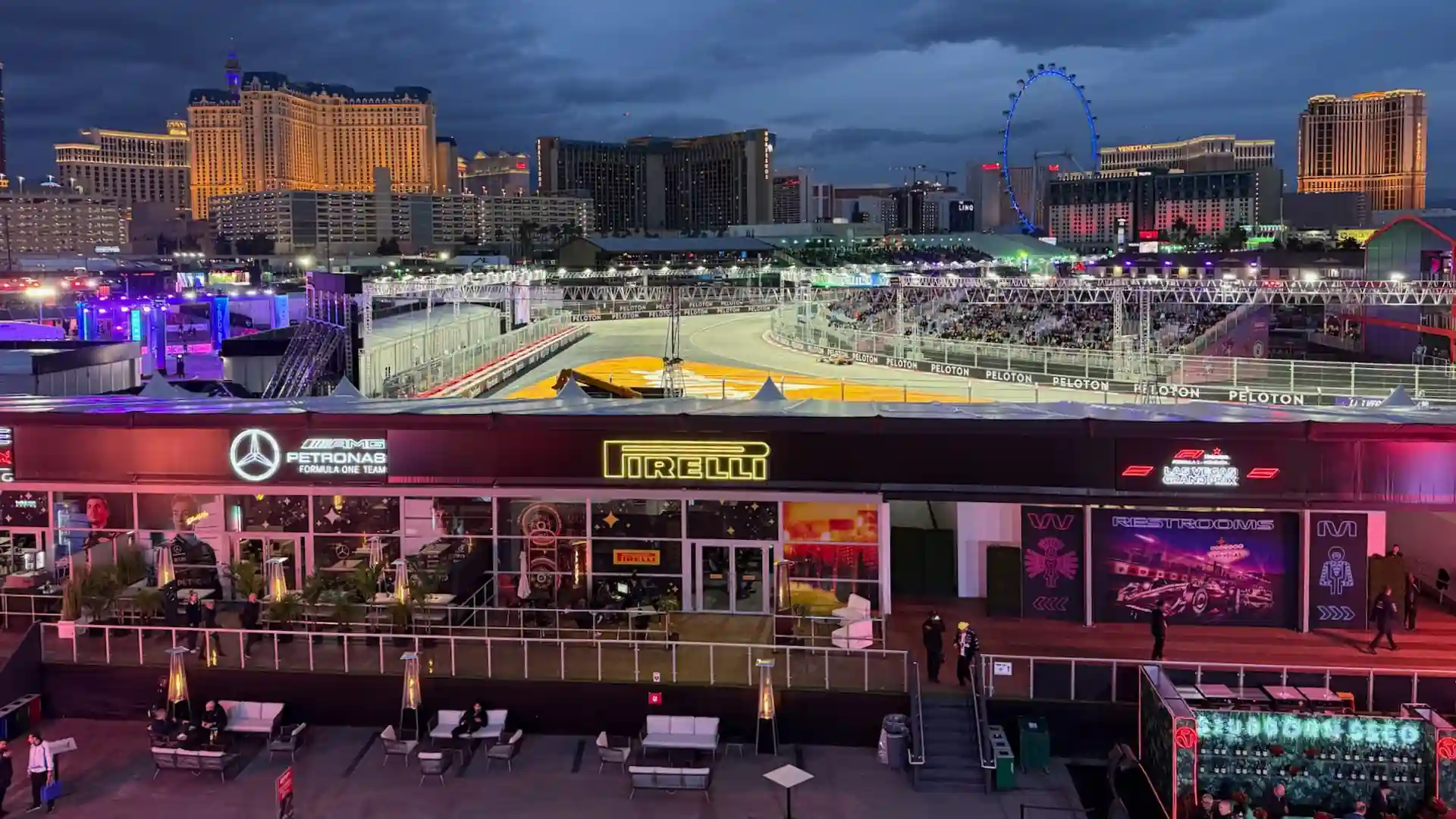
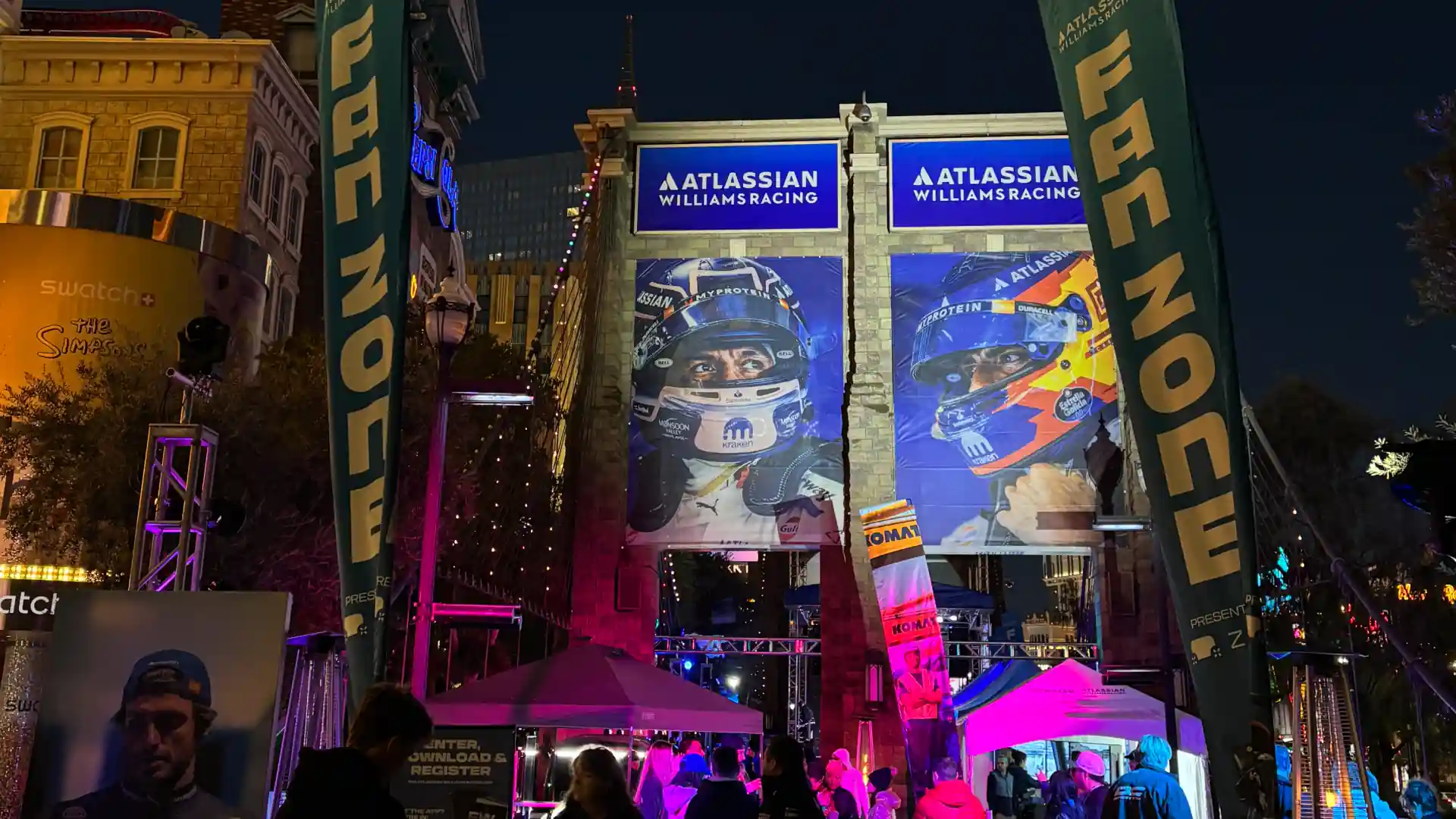
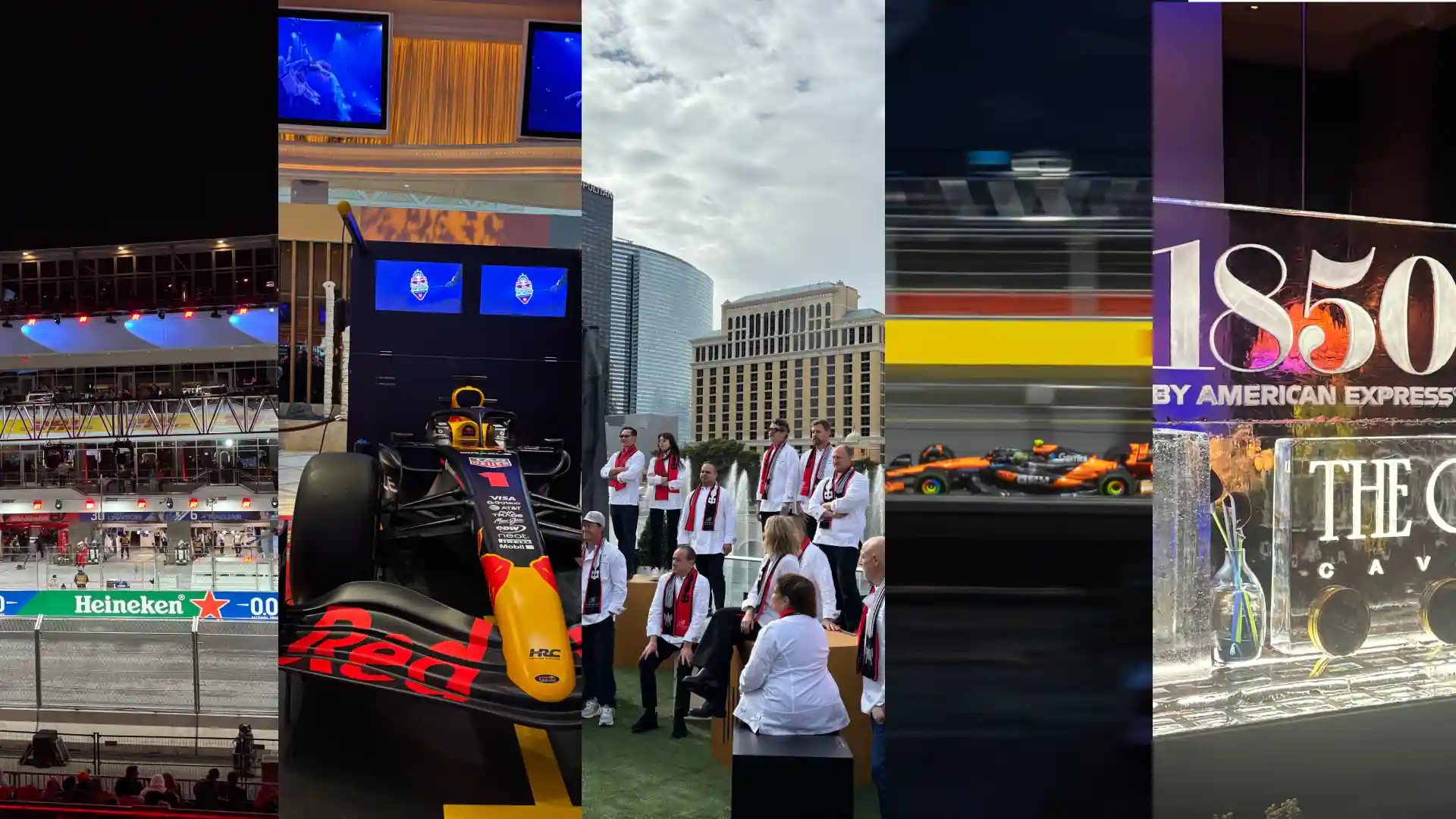


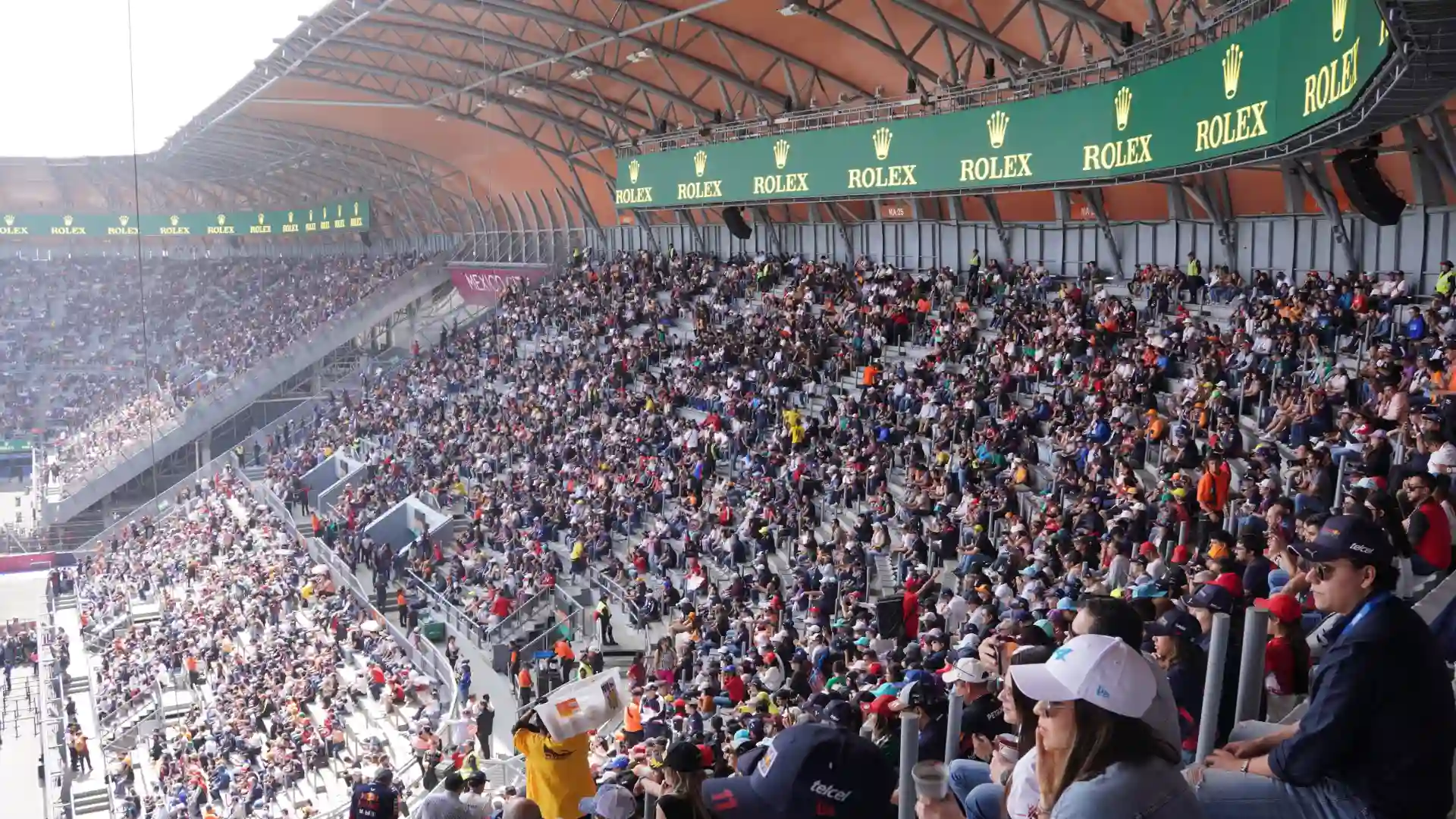


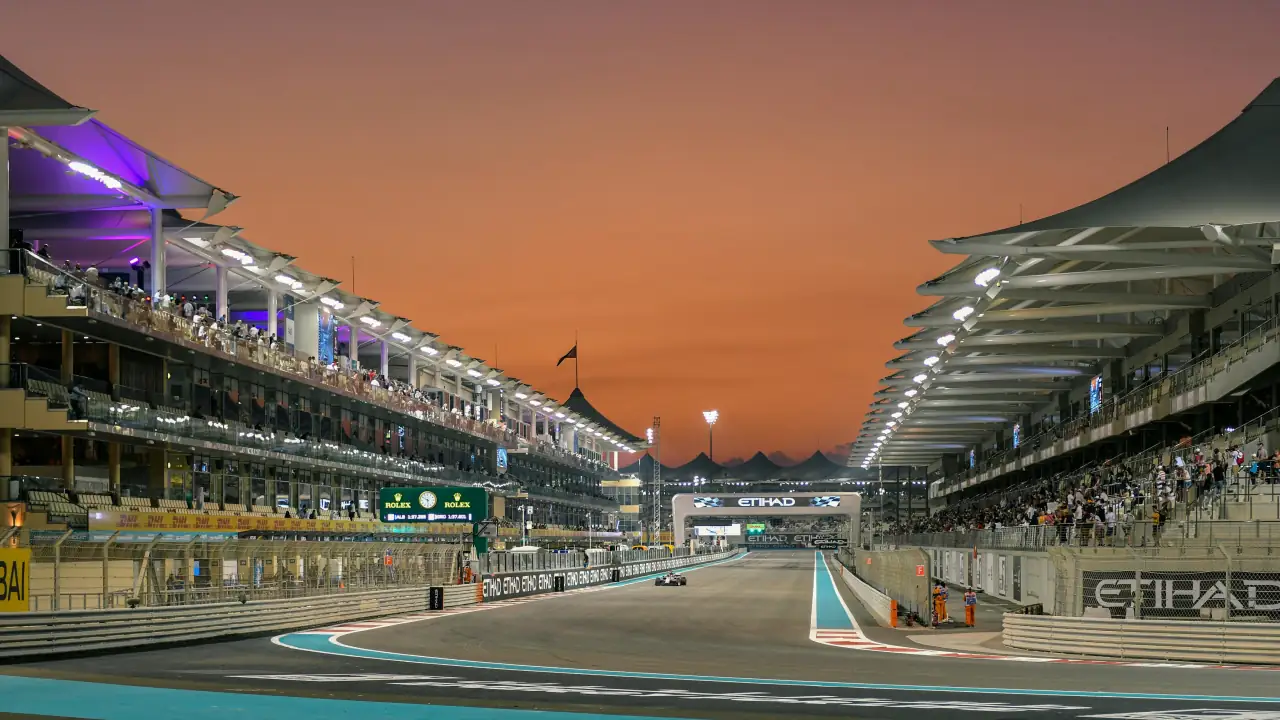
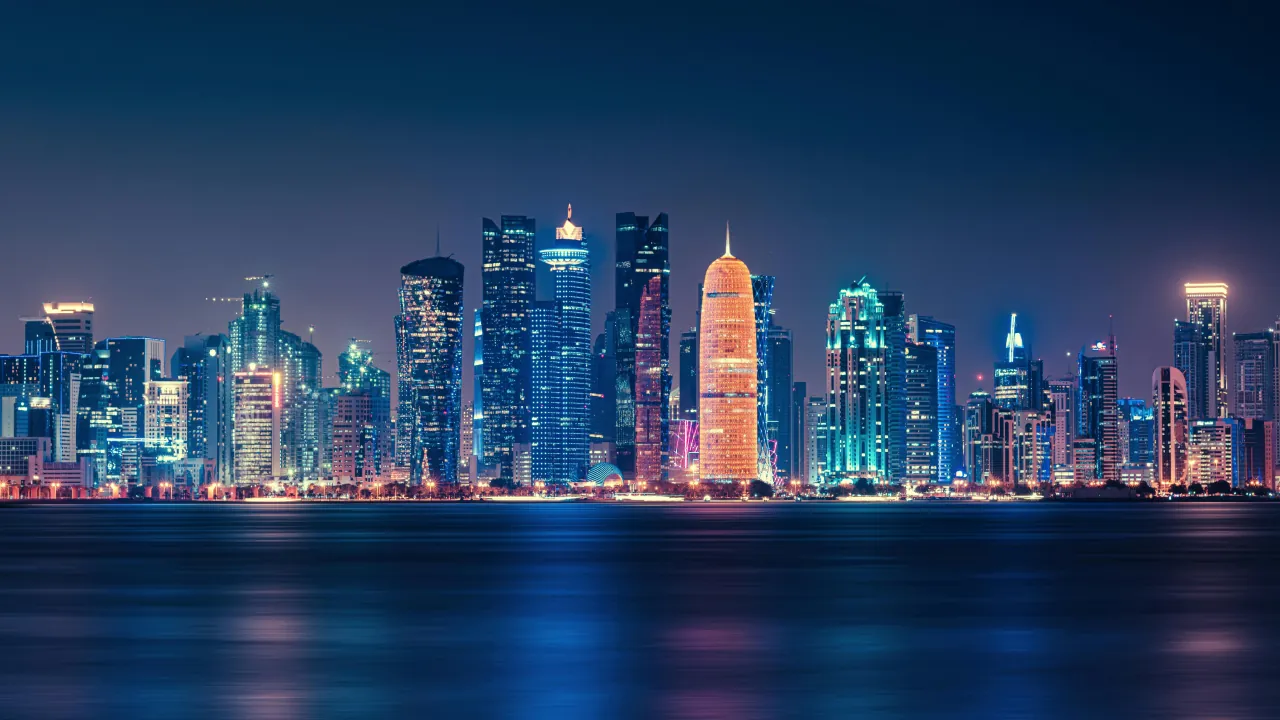
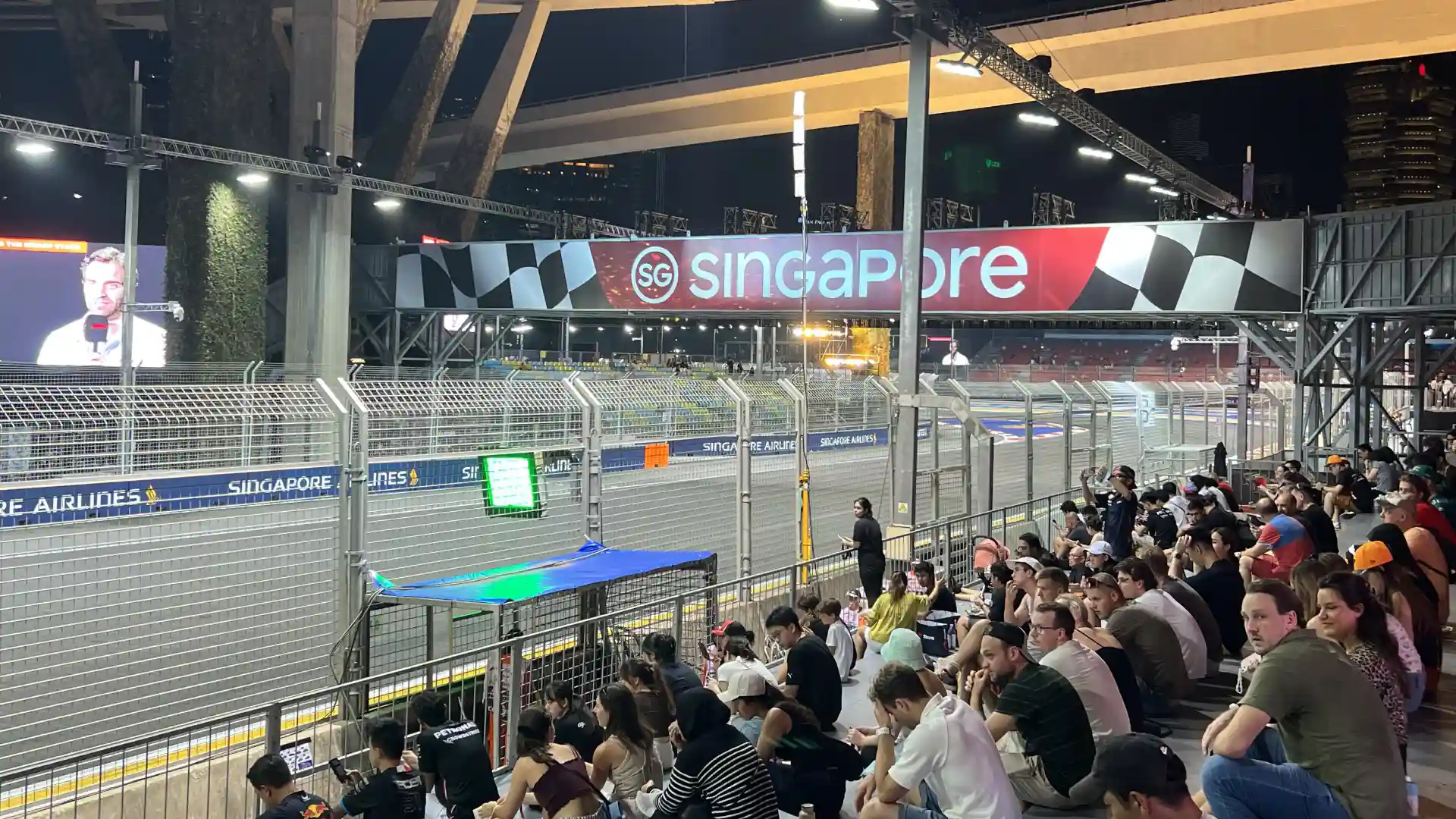
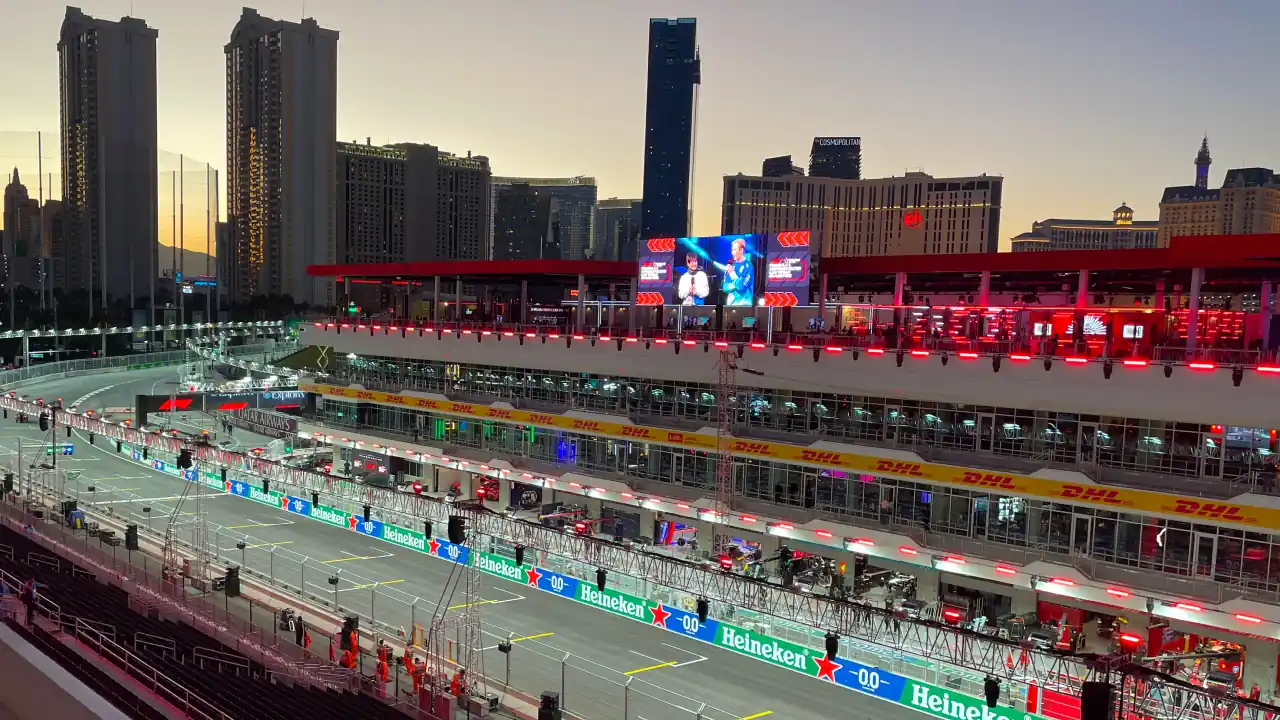

.webp)
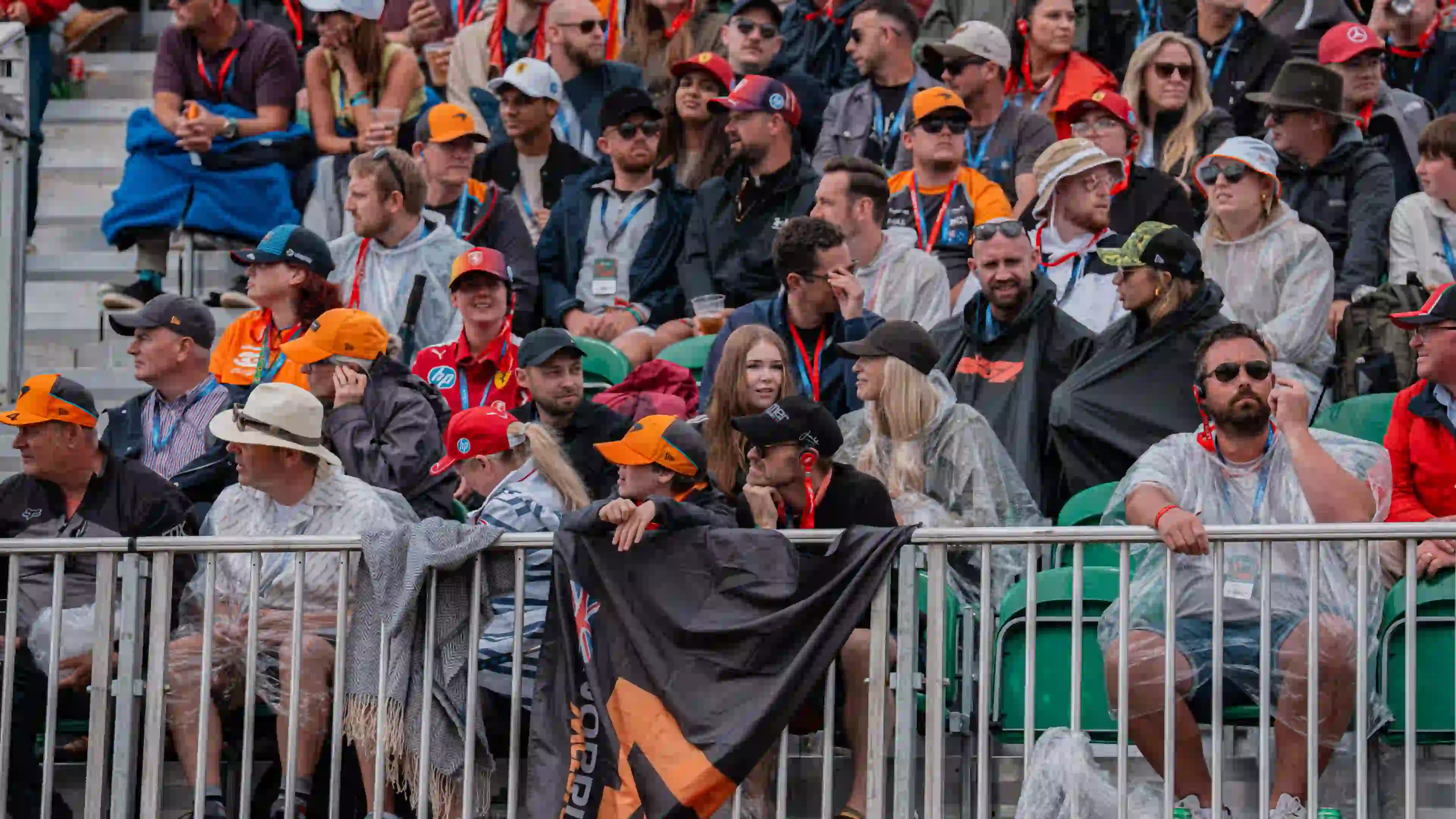
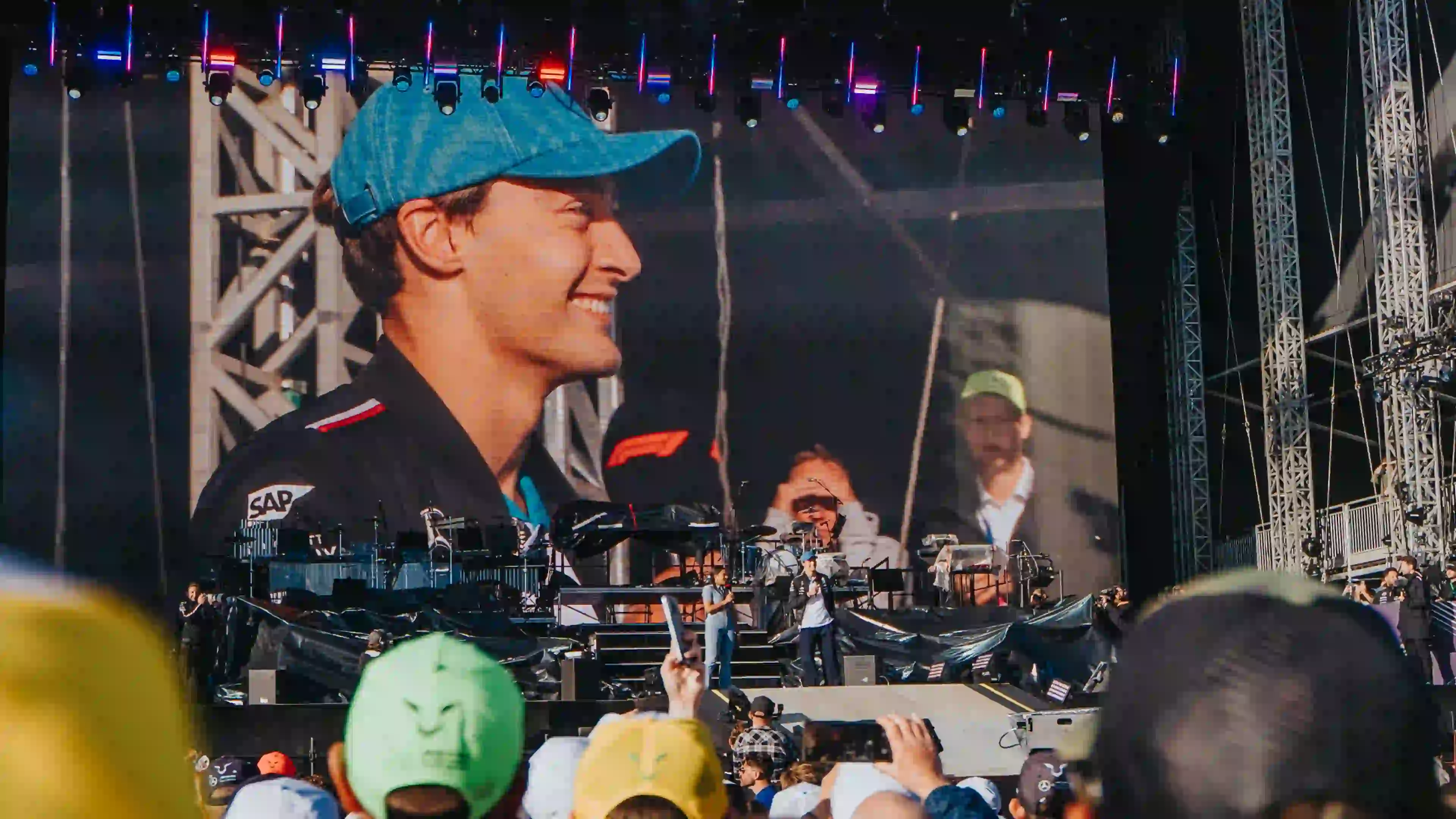

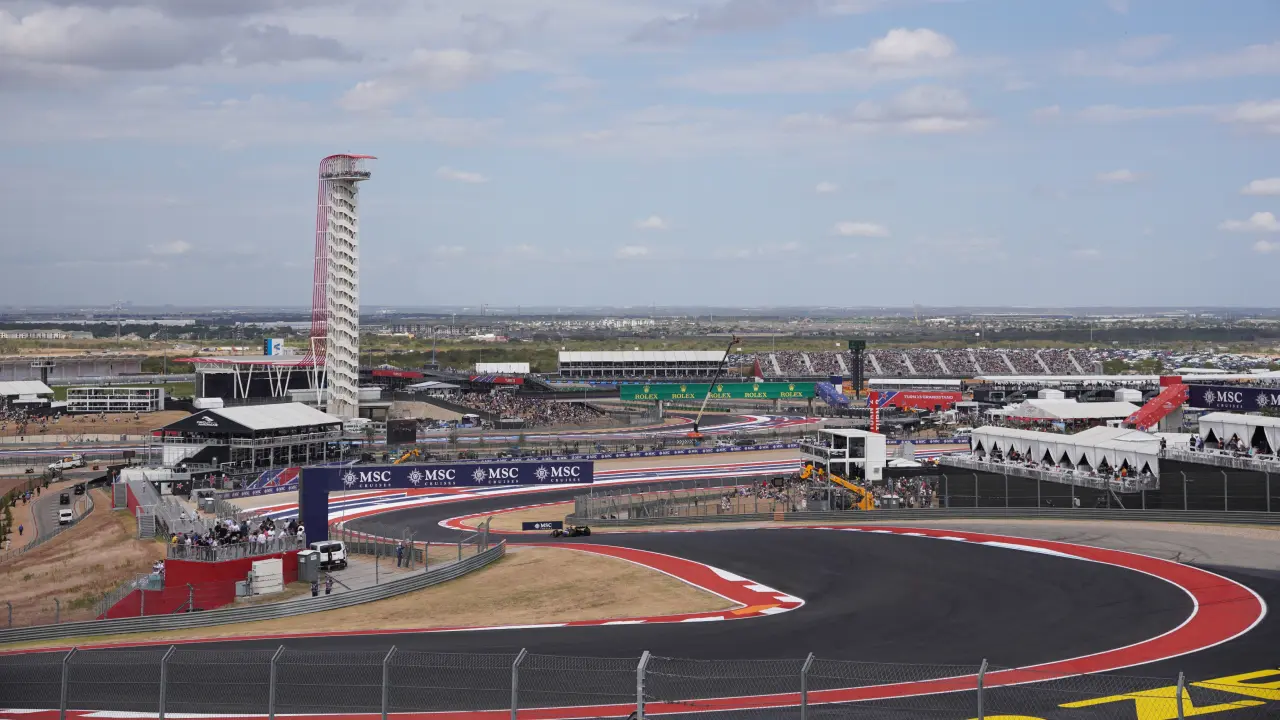
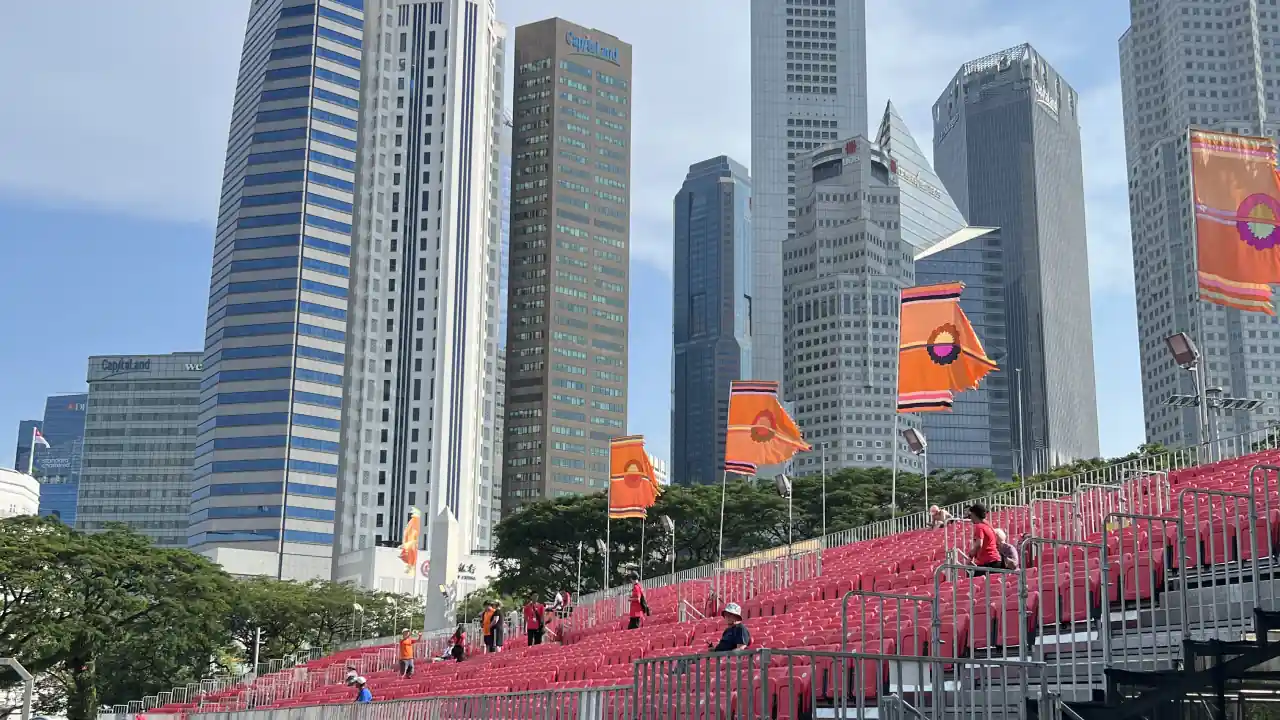
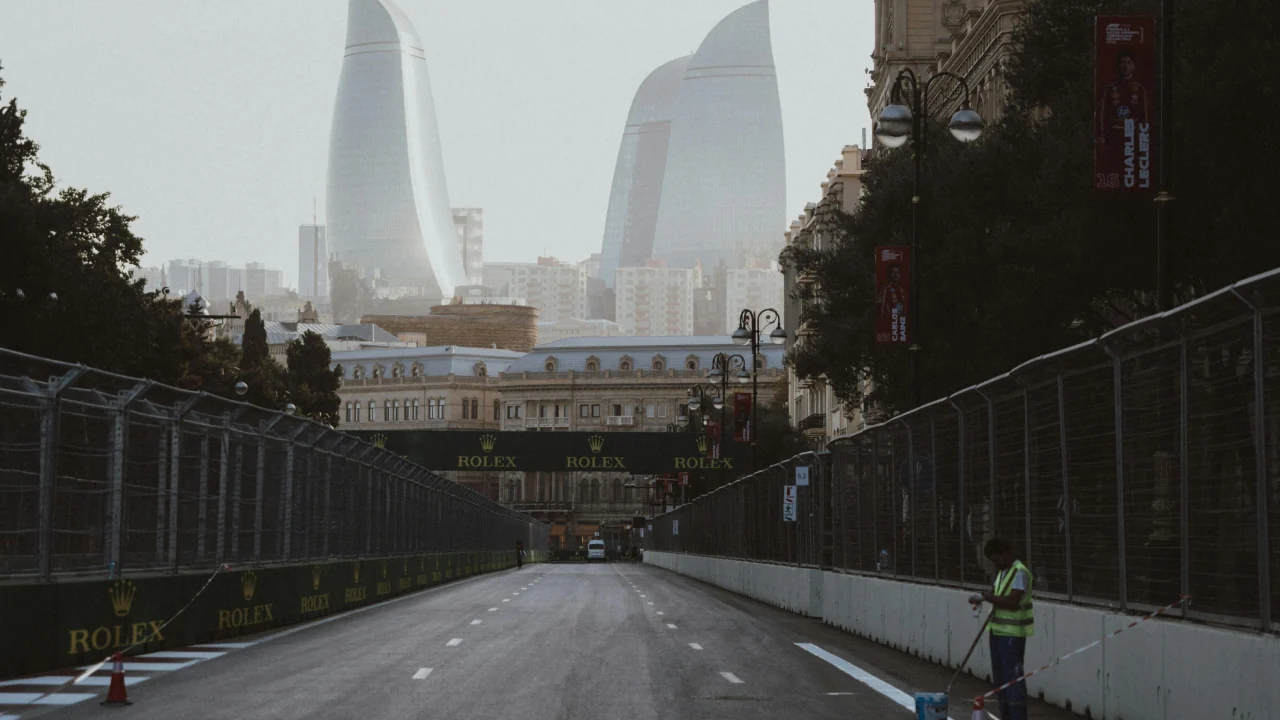
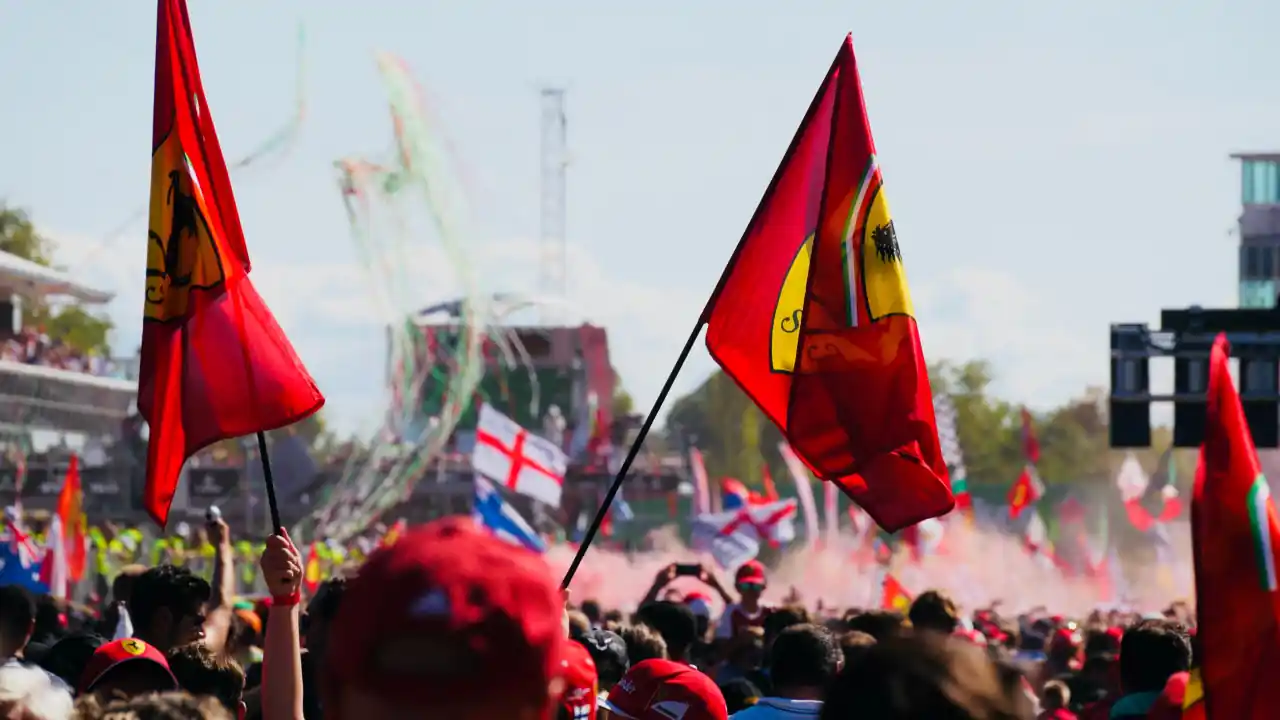
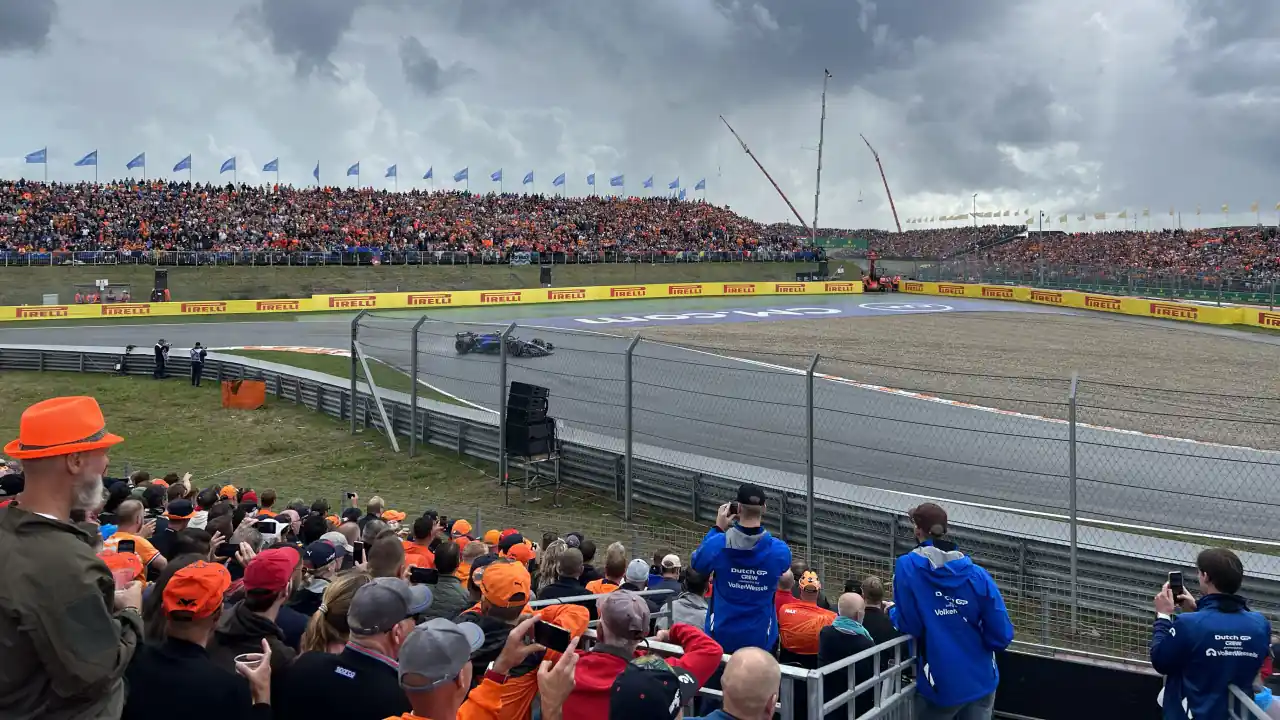
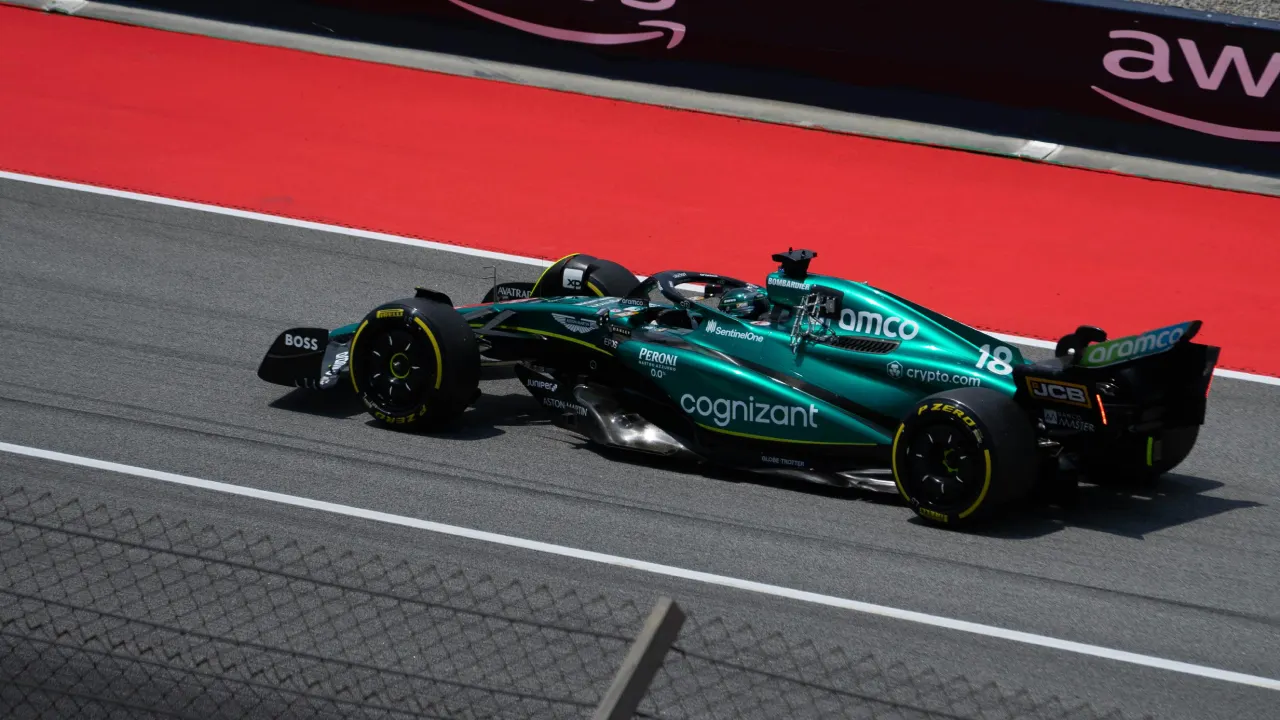
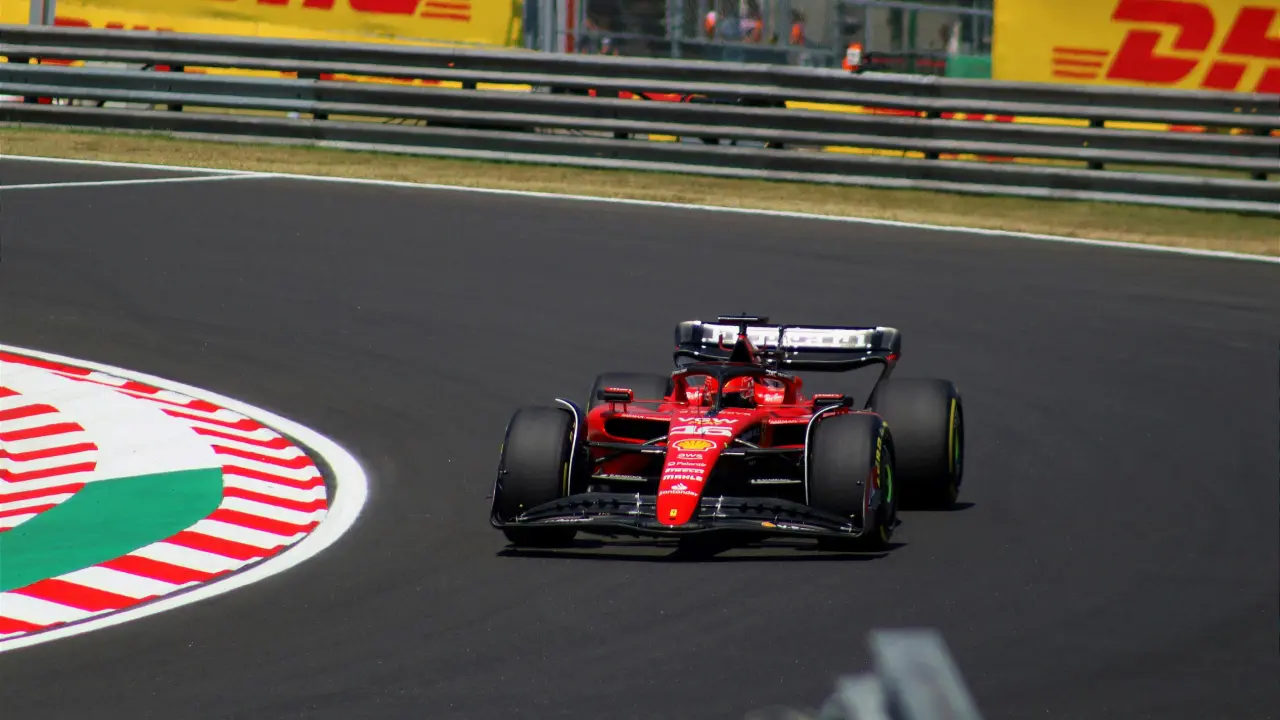















.webp)



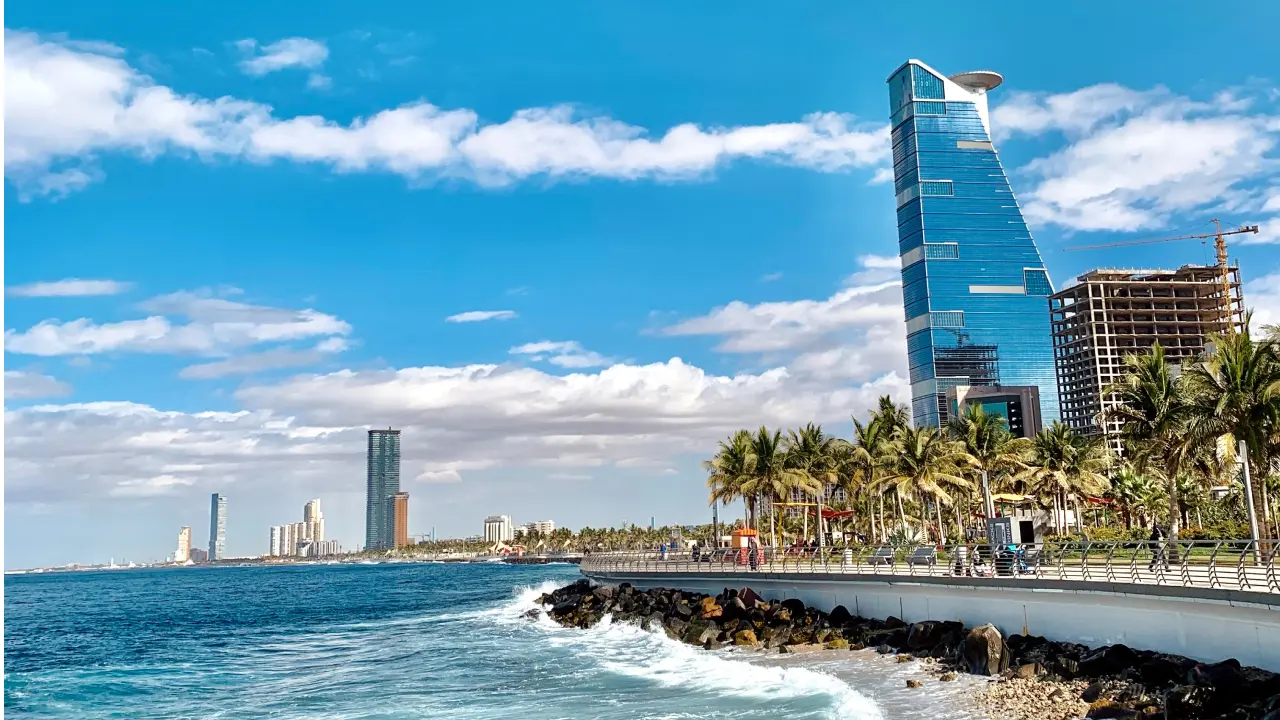













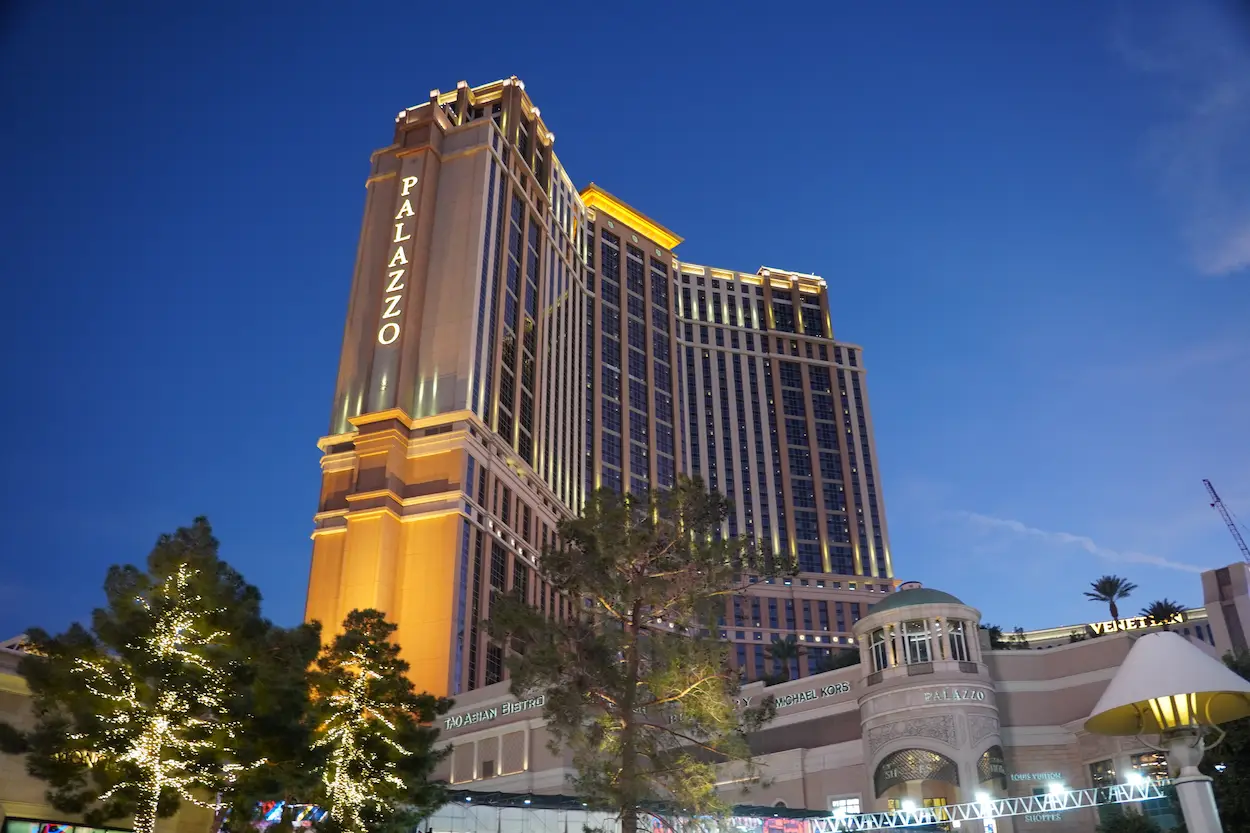


.jpeg)
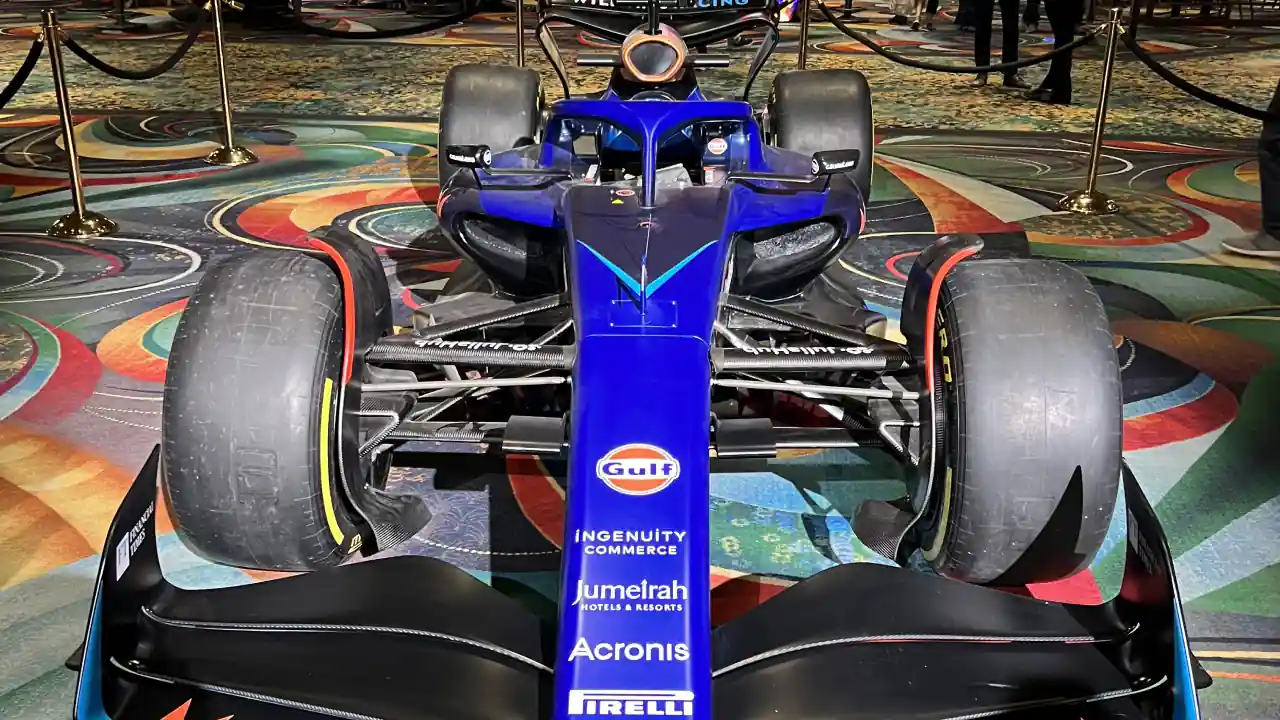
.jpeg)

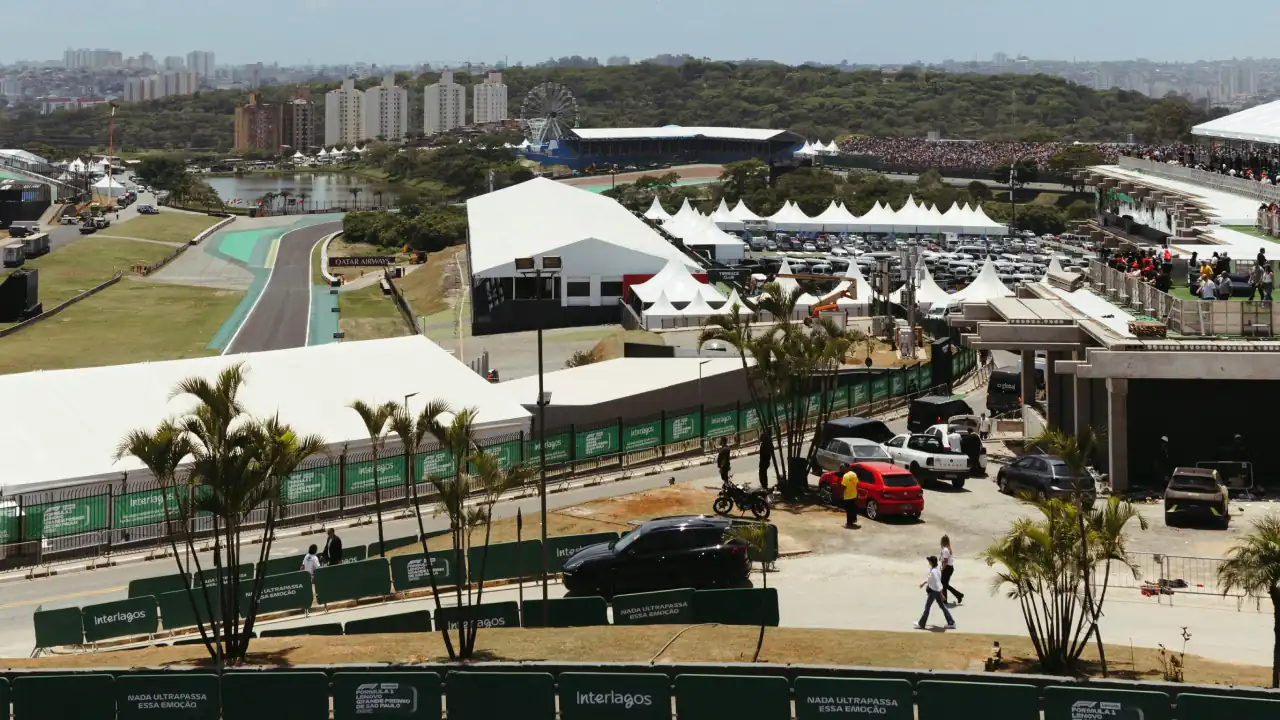






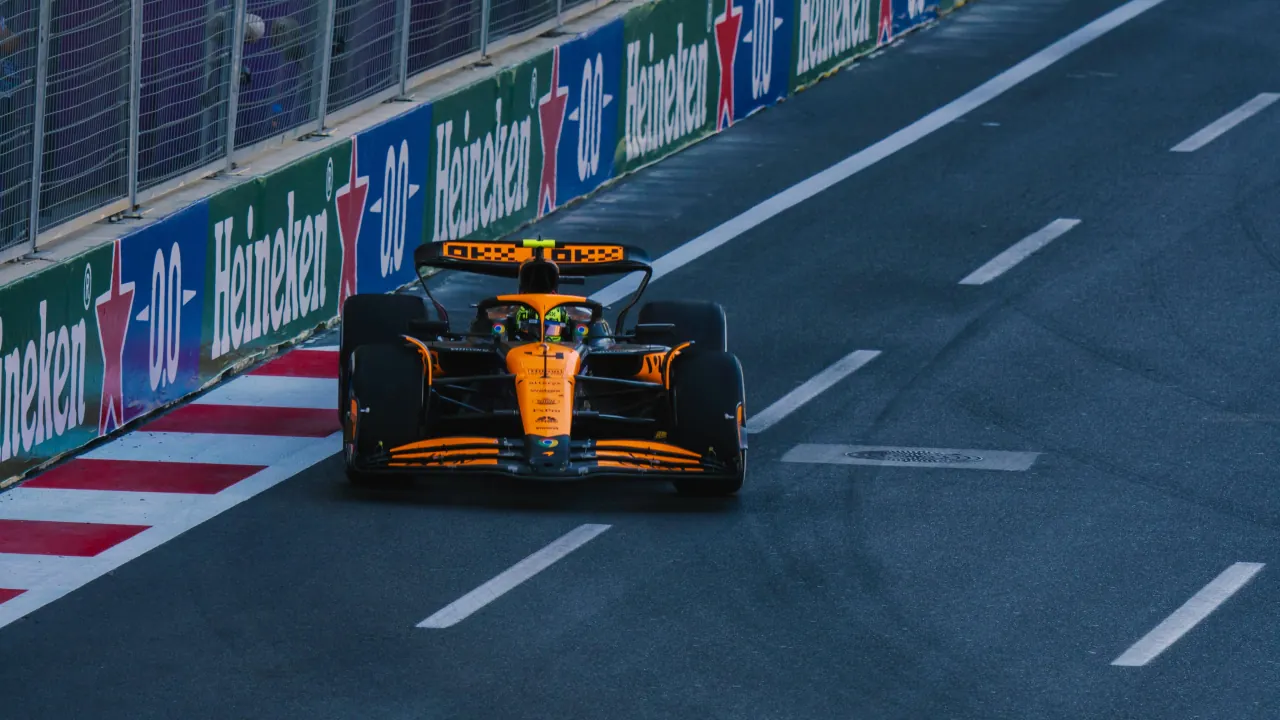
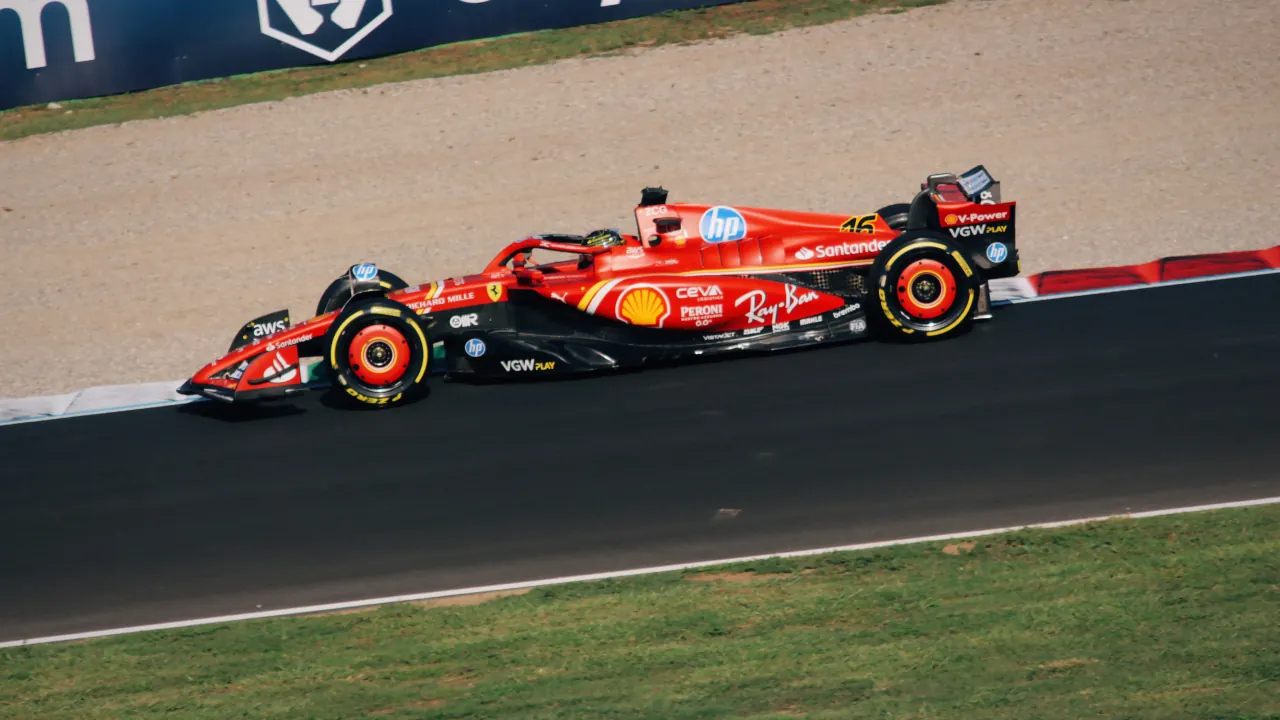
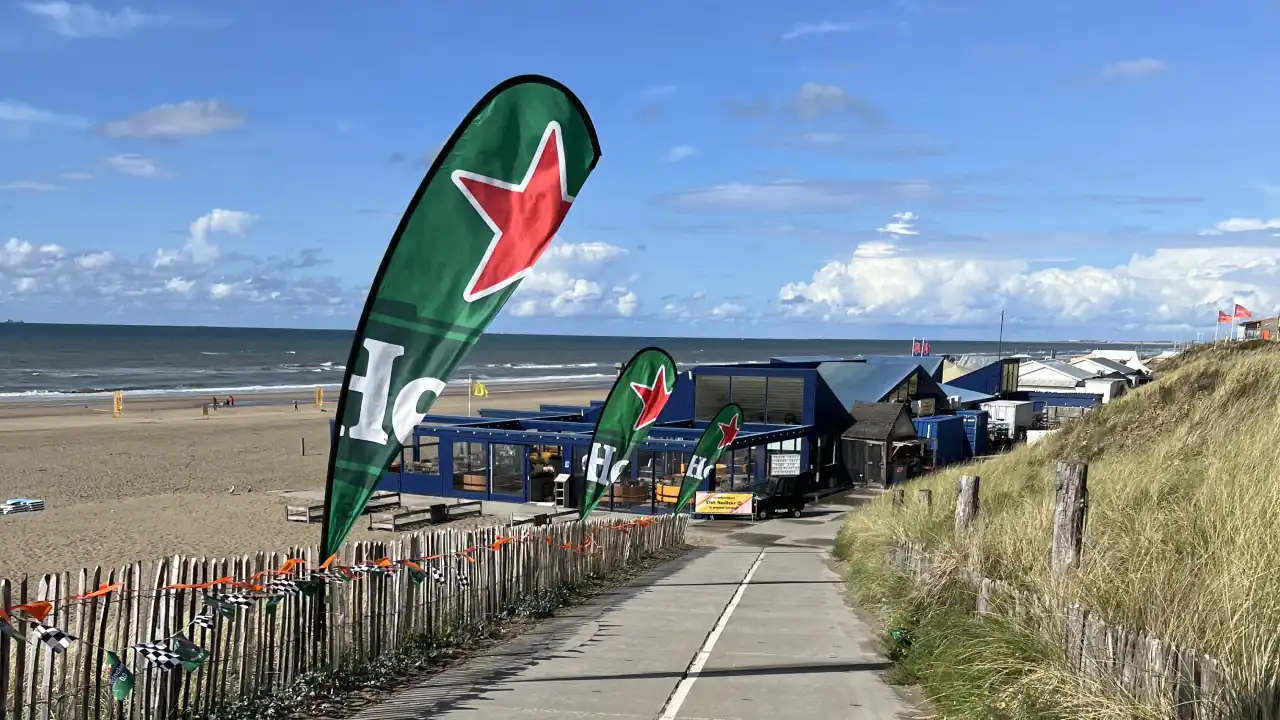
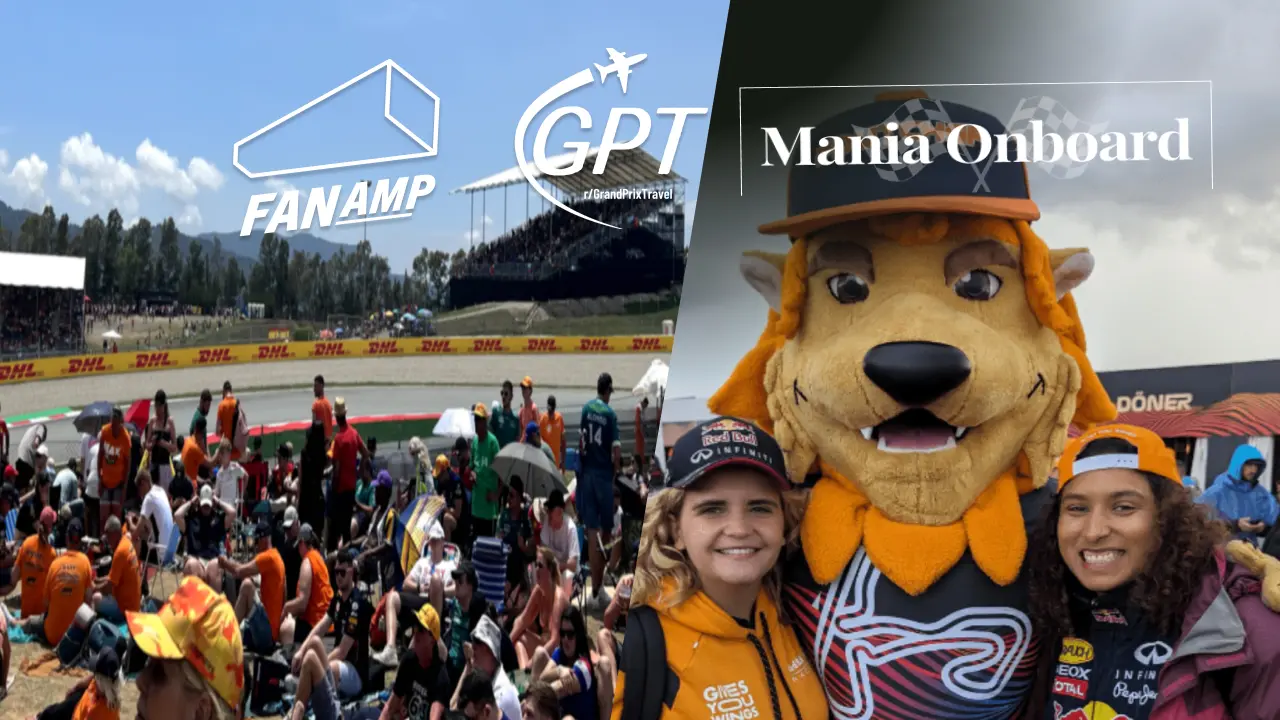





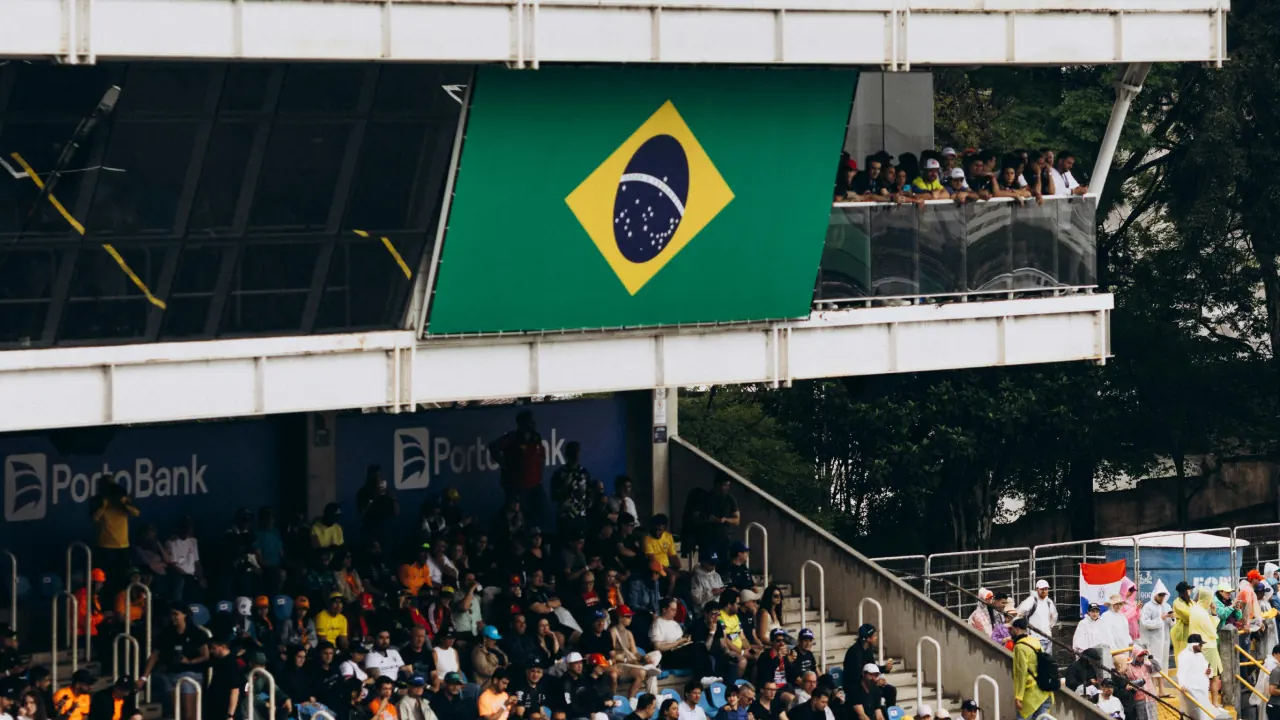
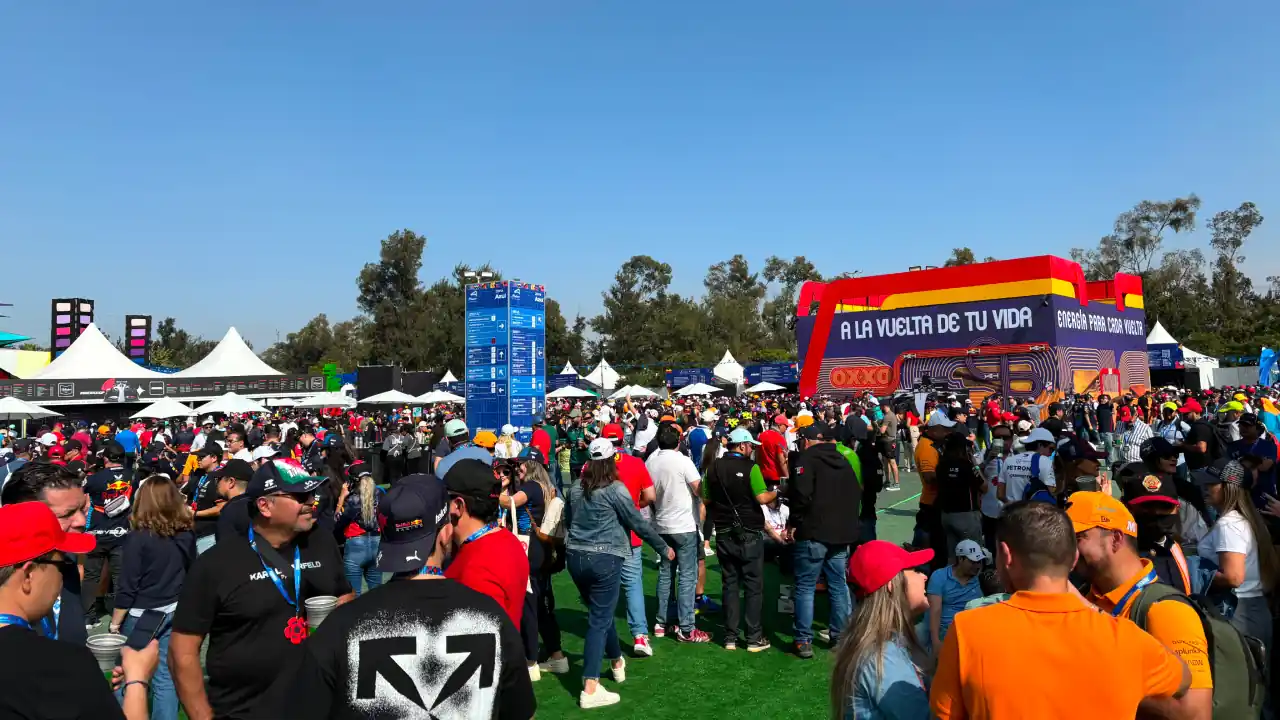




%20(1).webp)


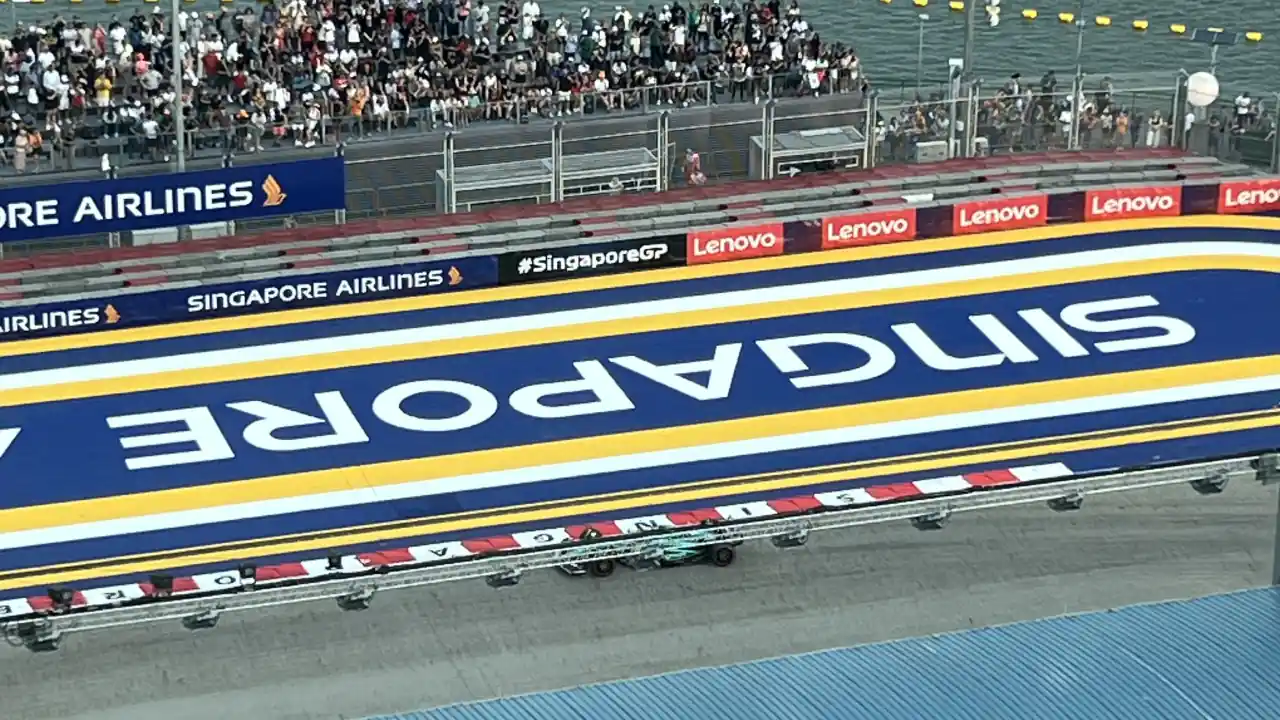

.webp)







